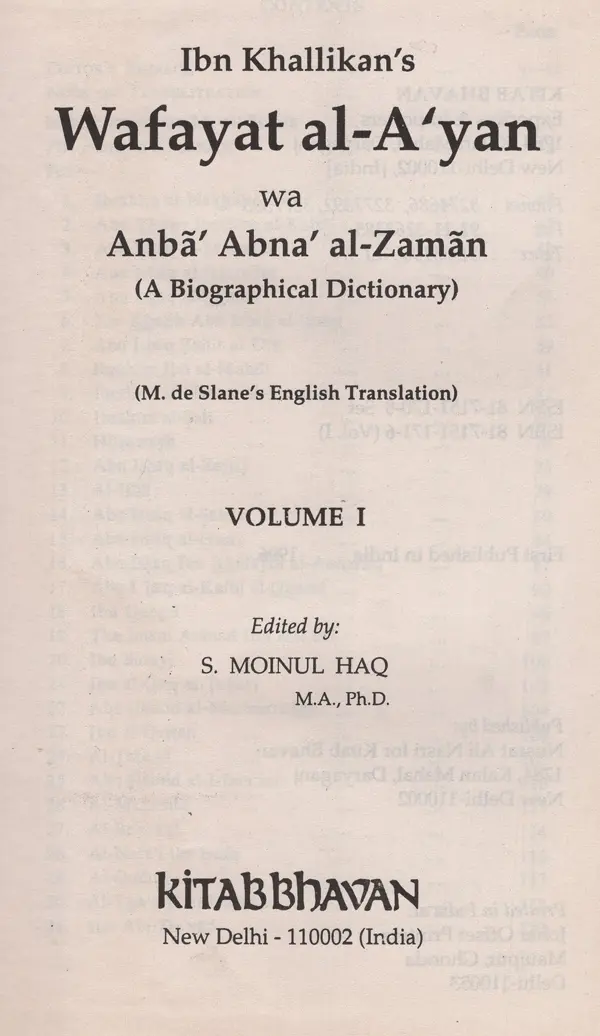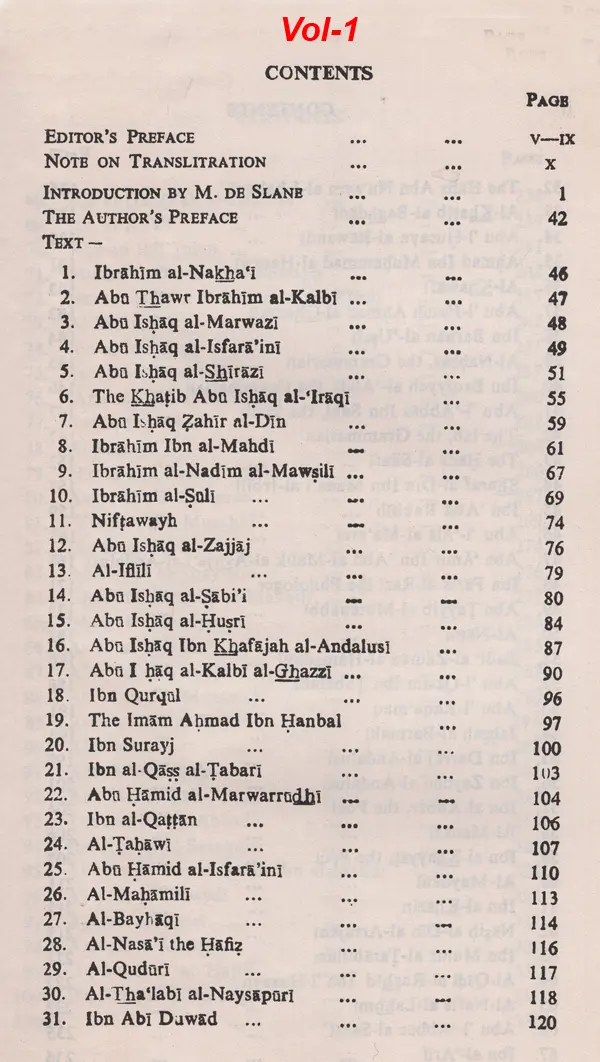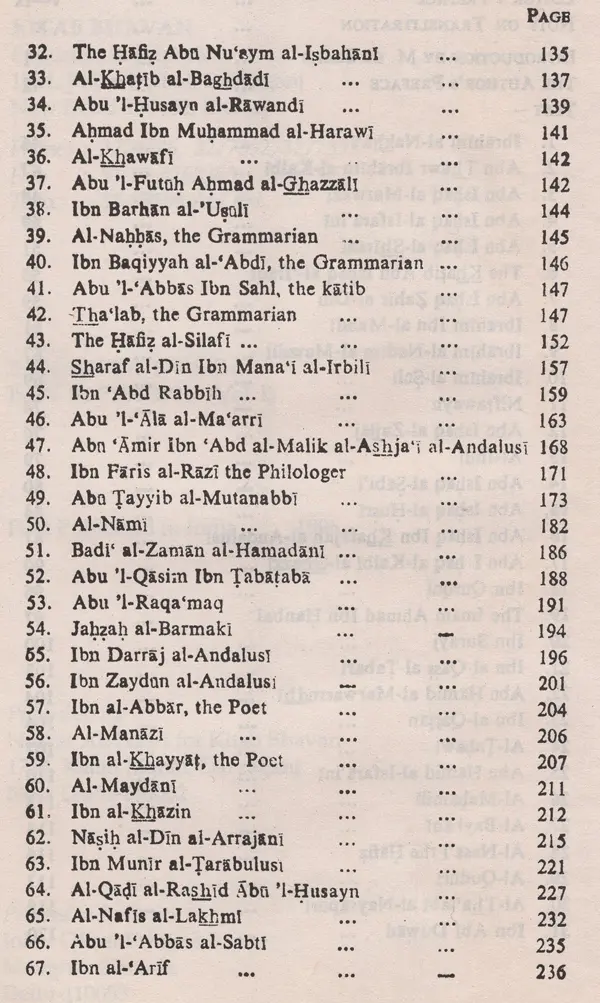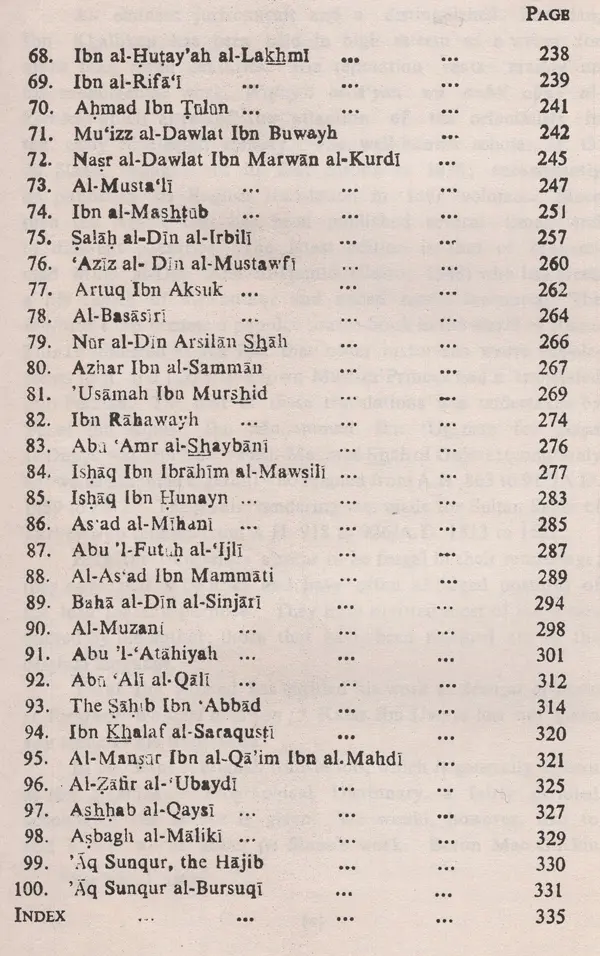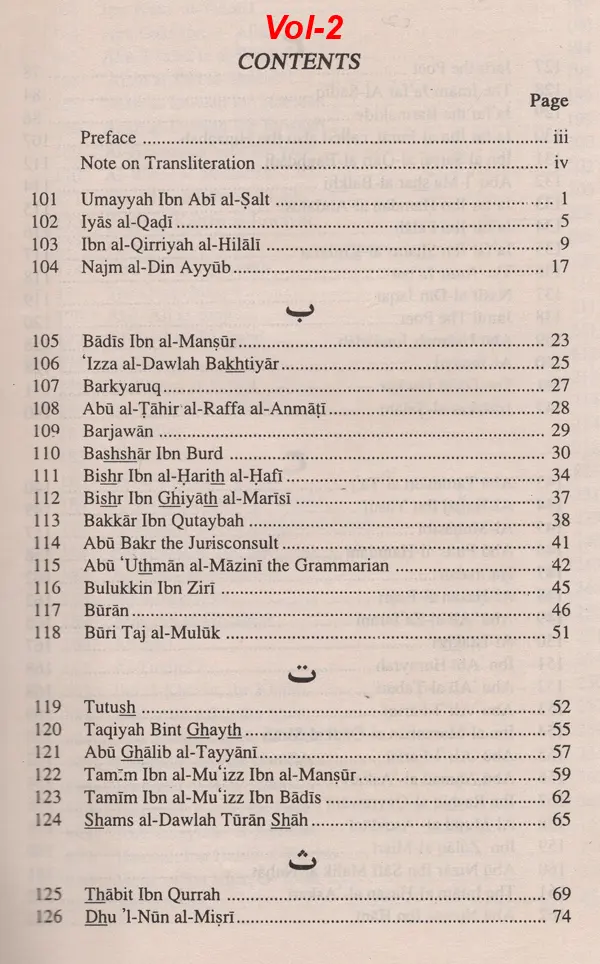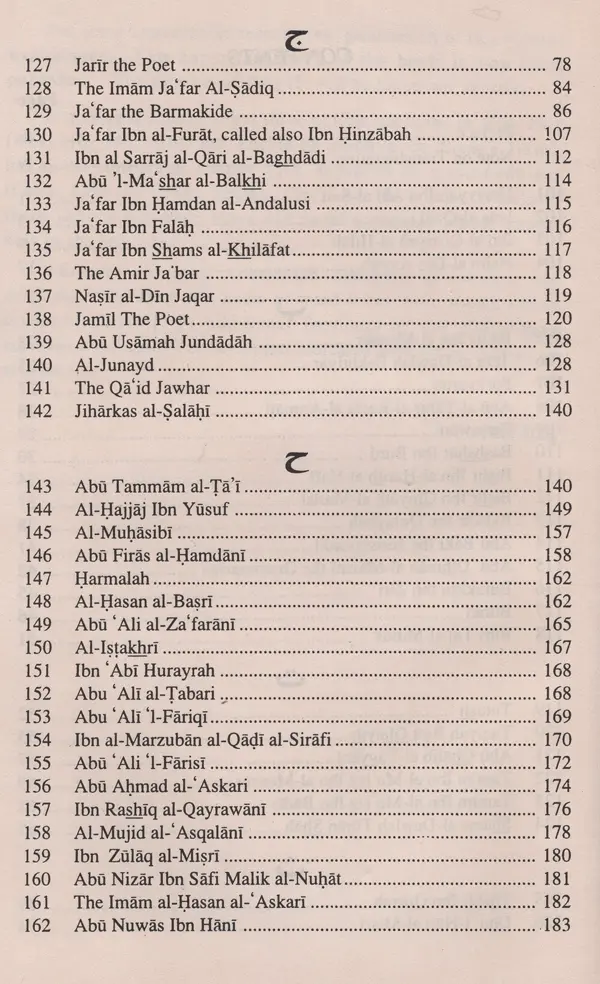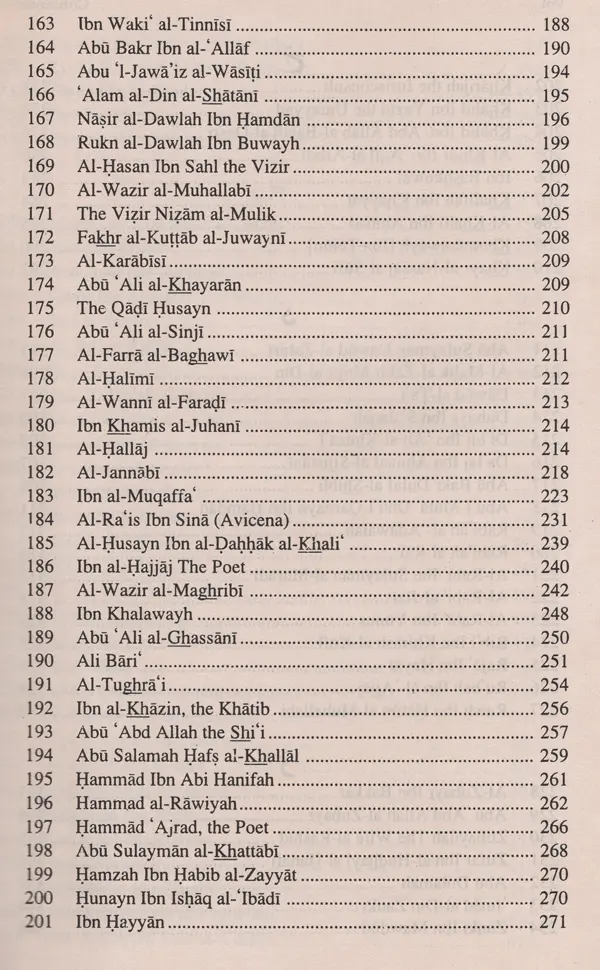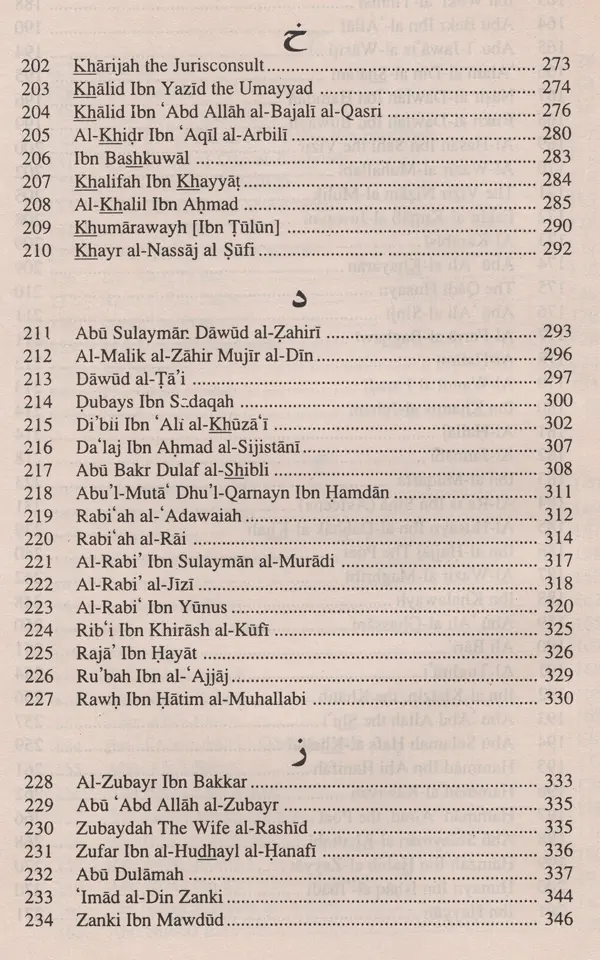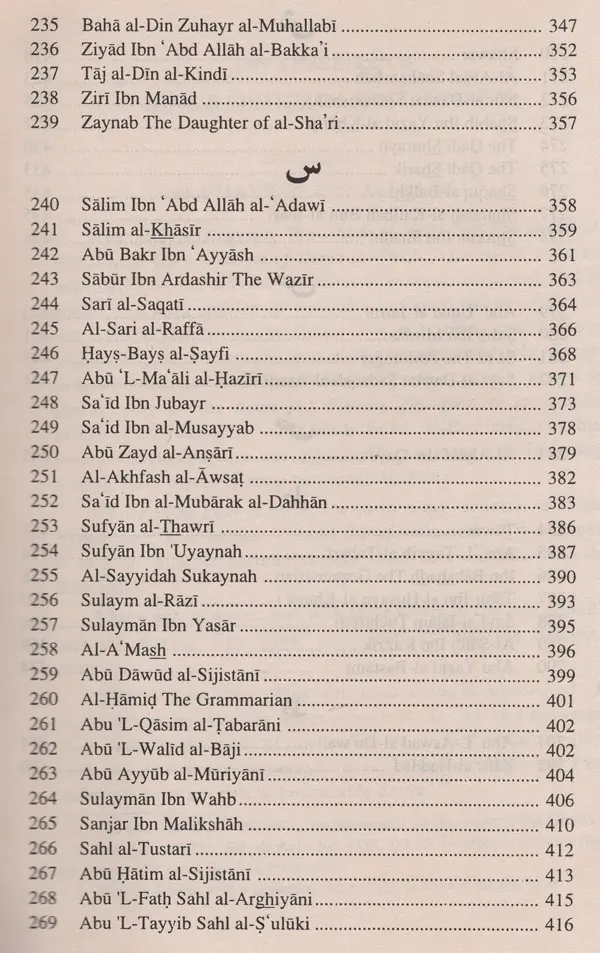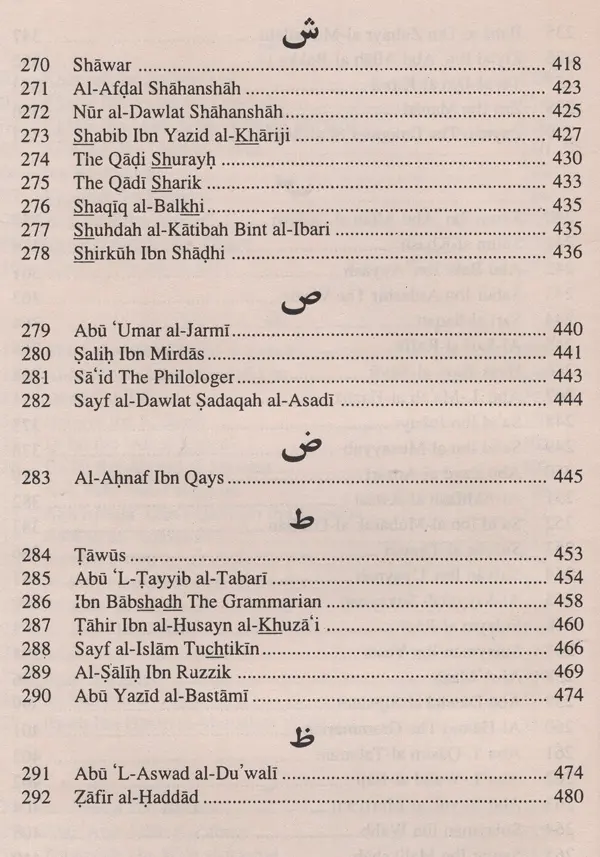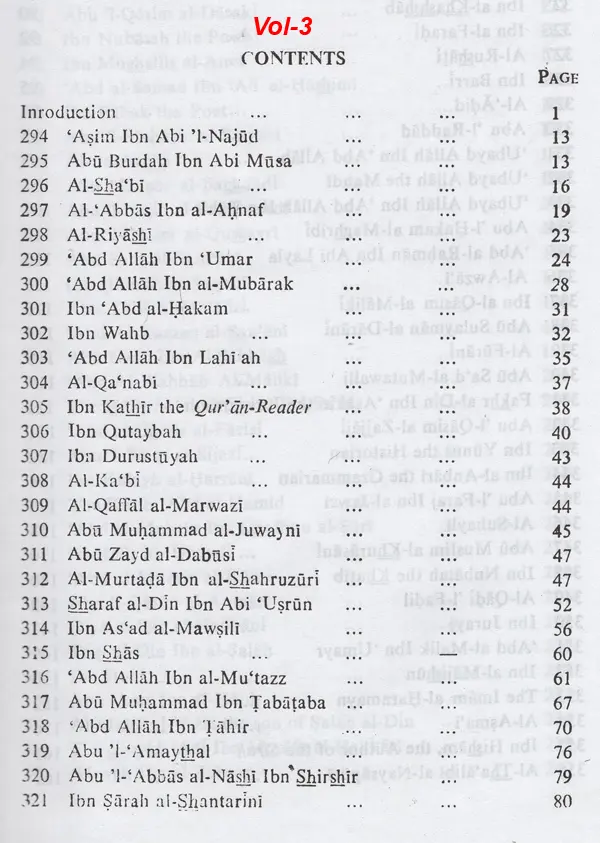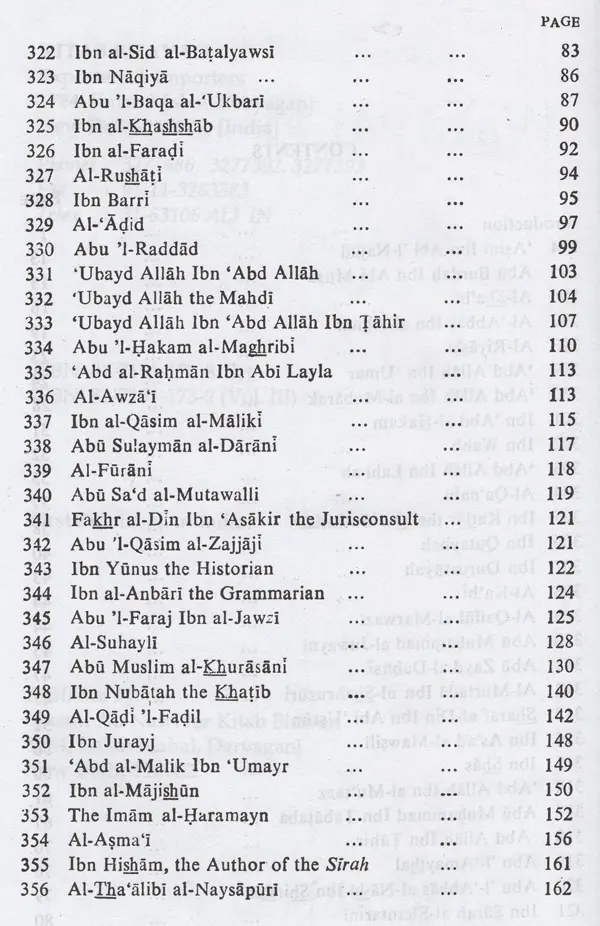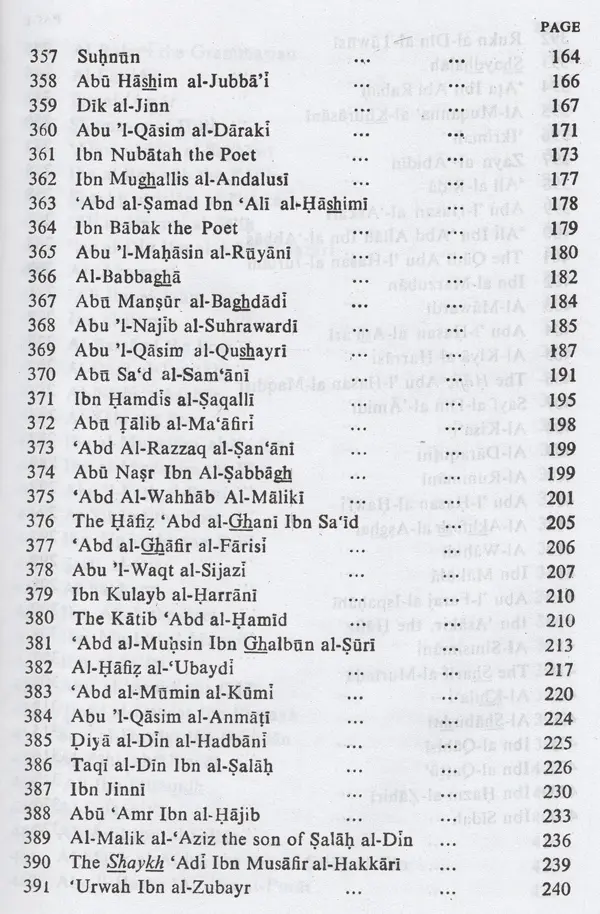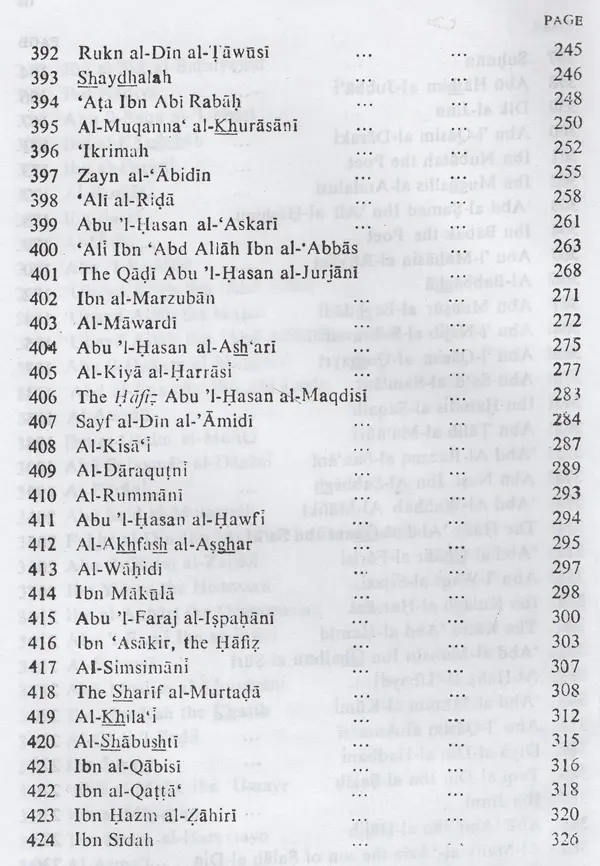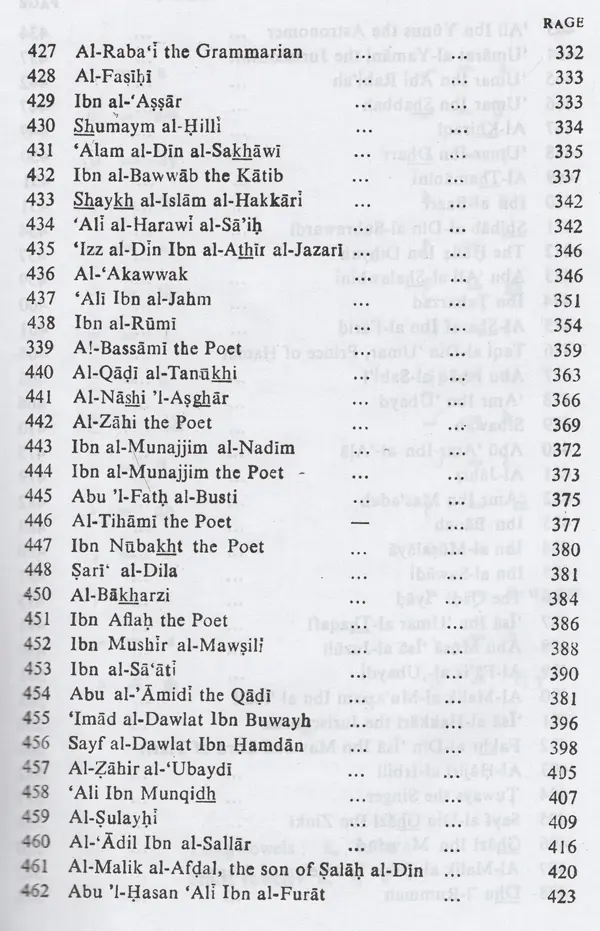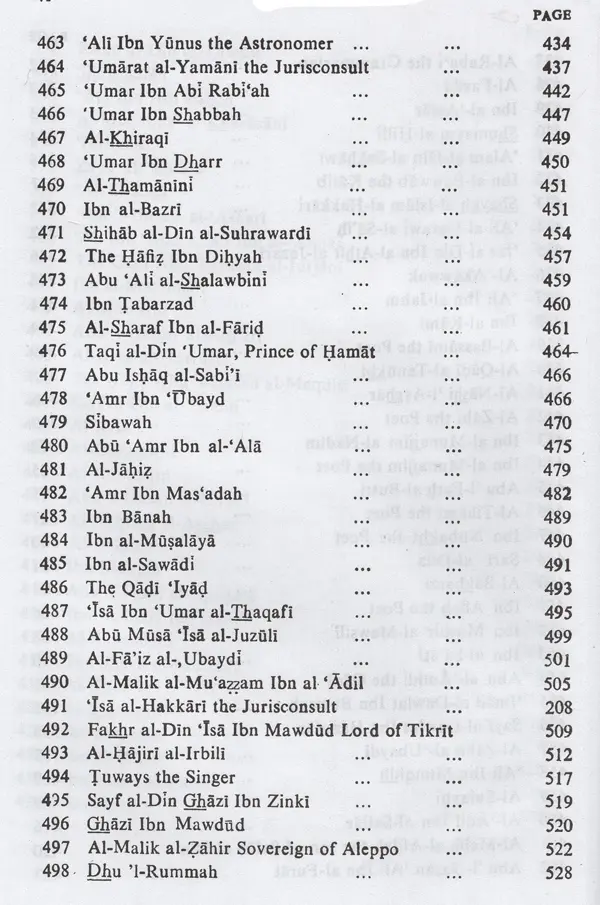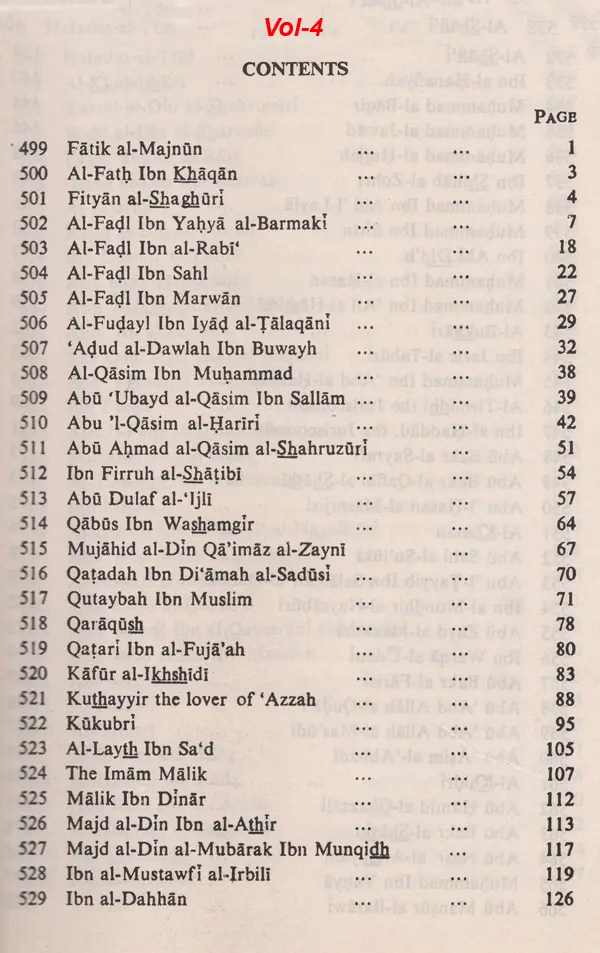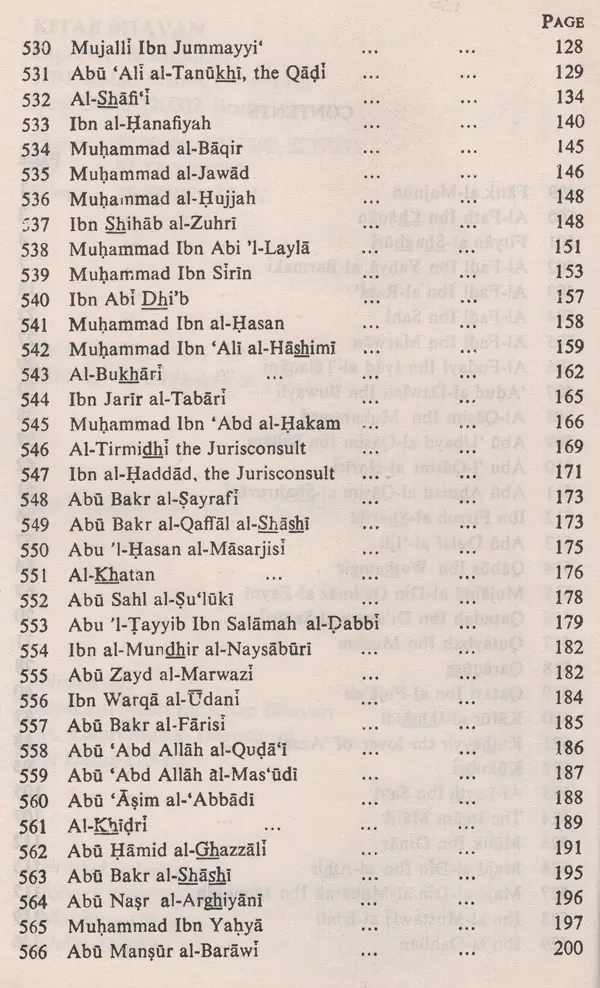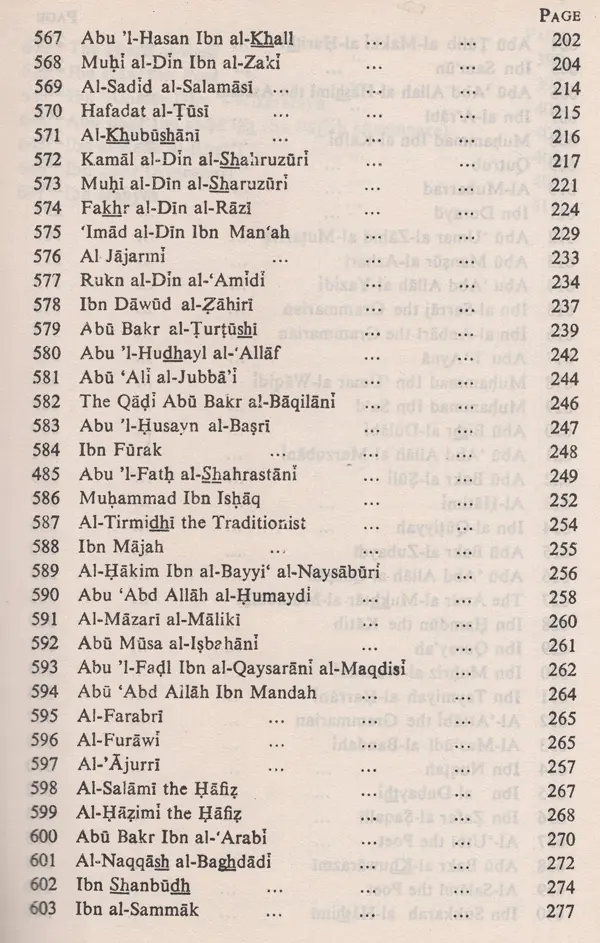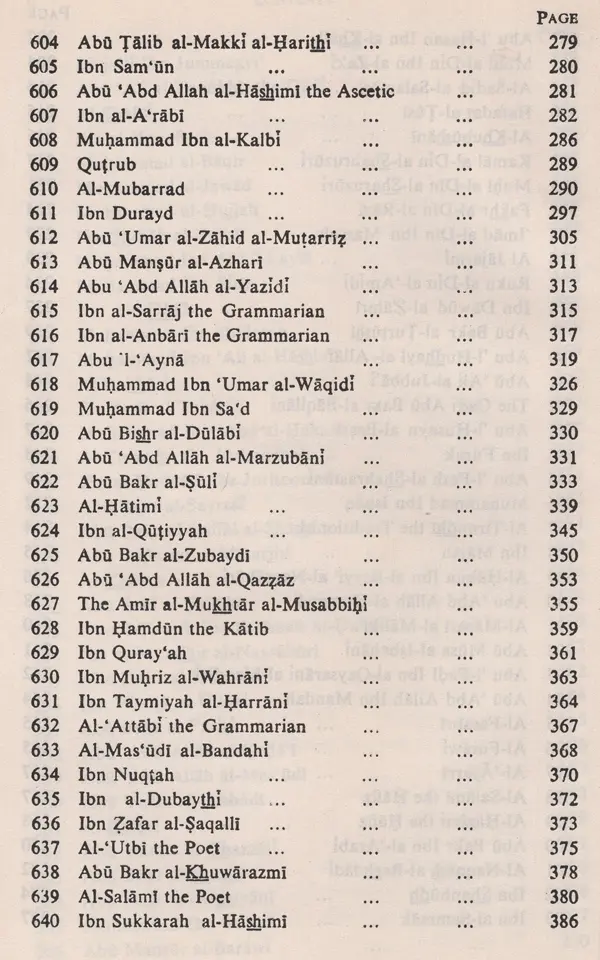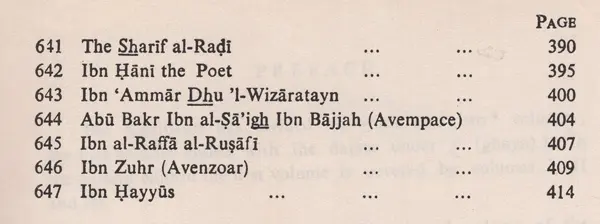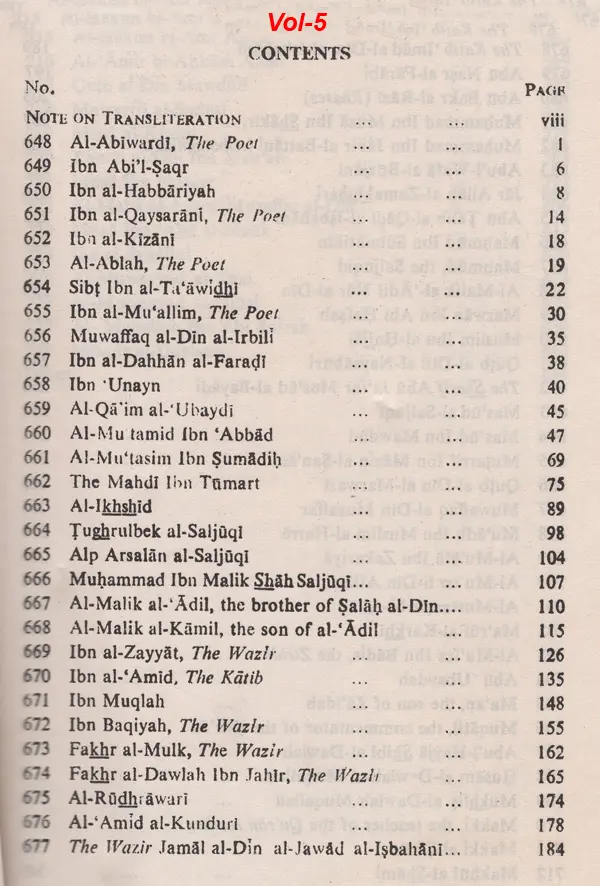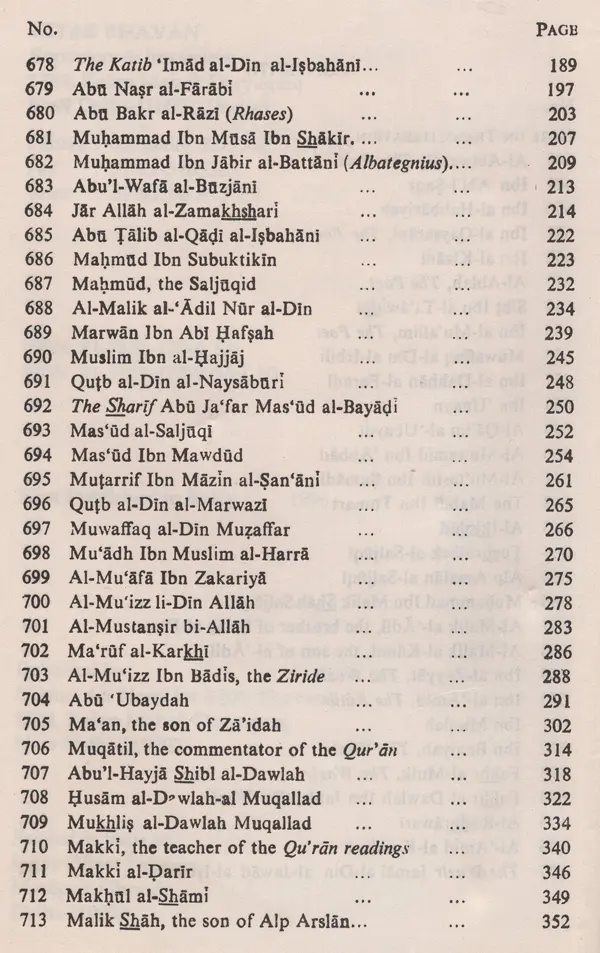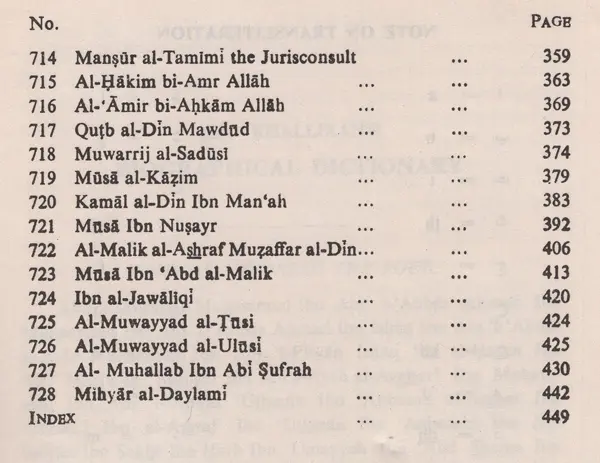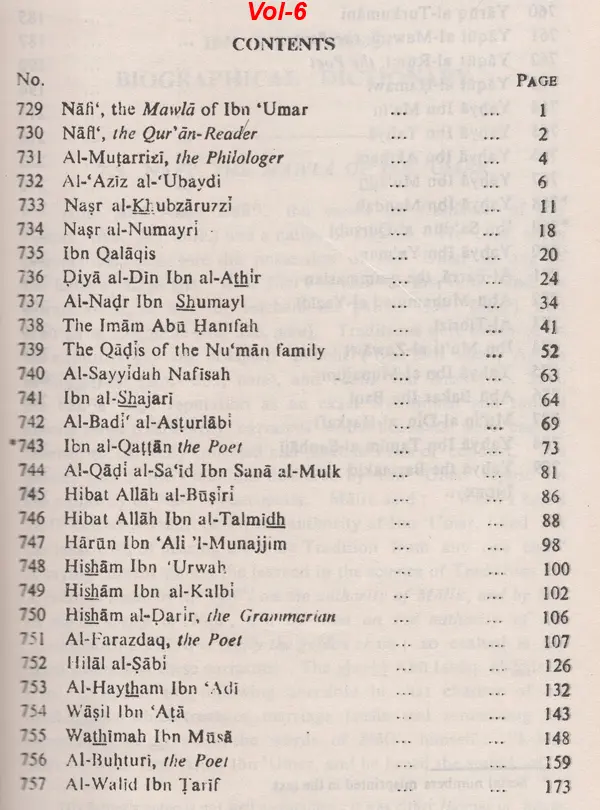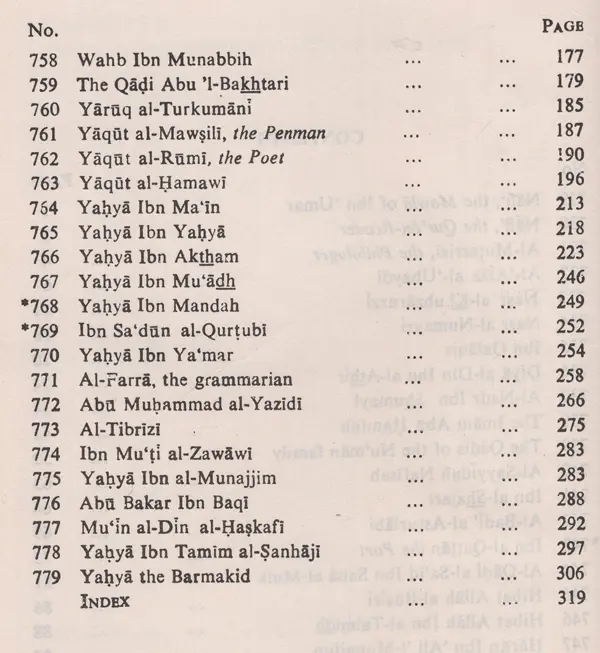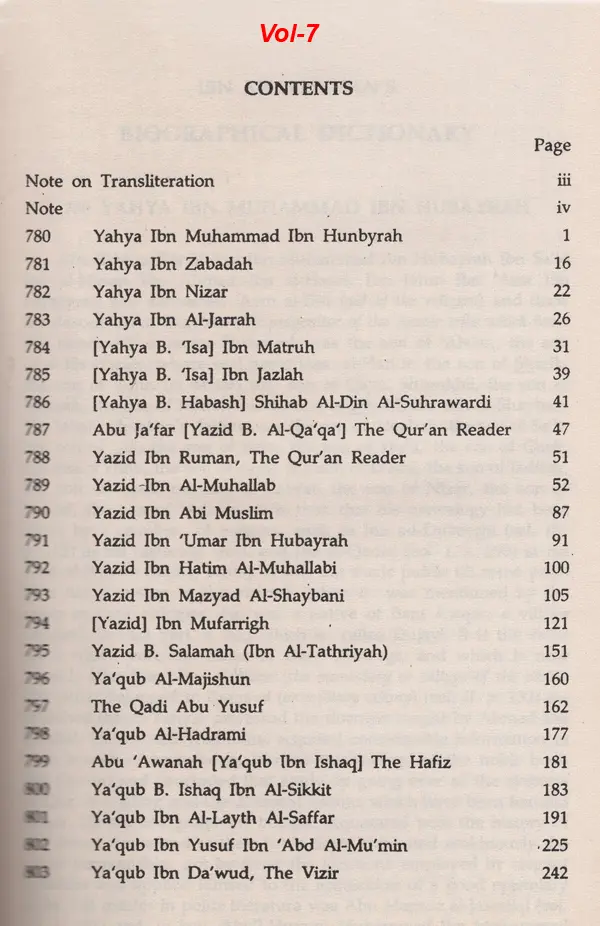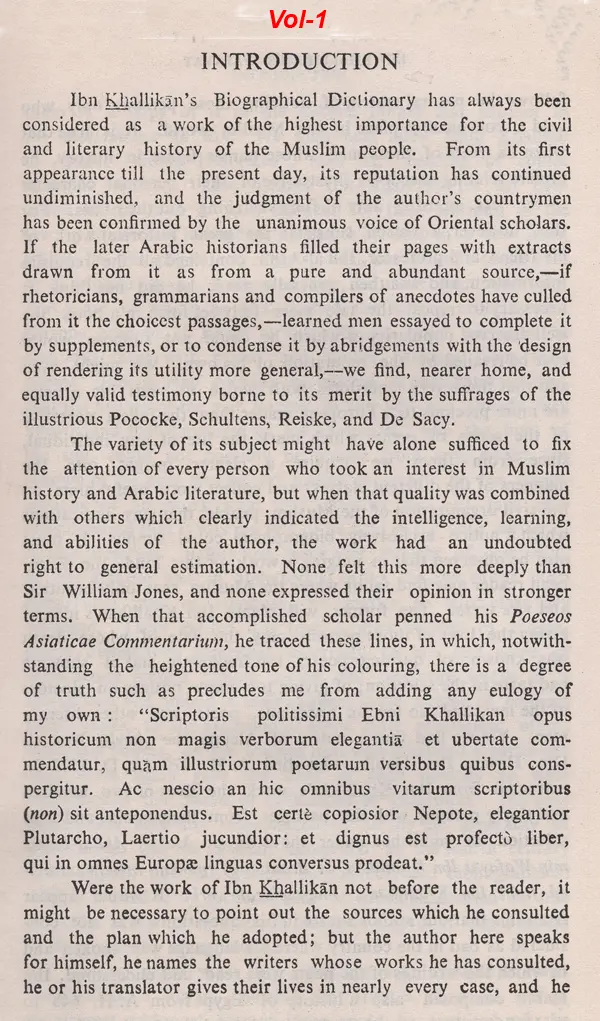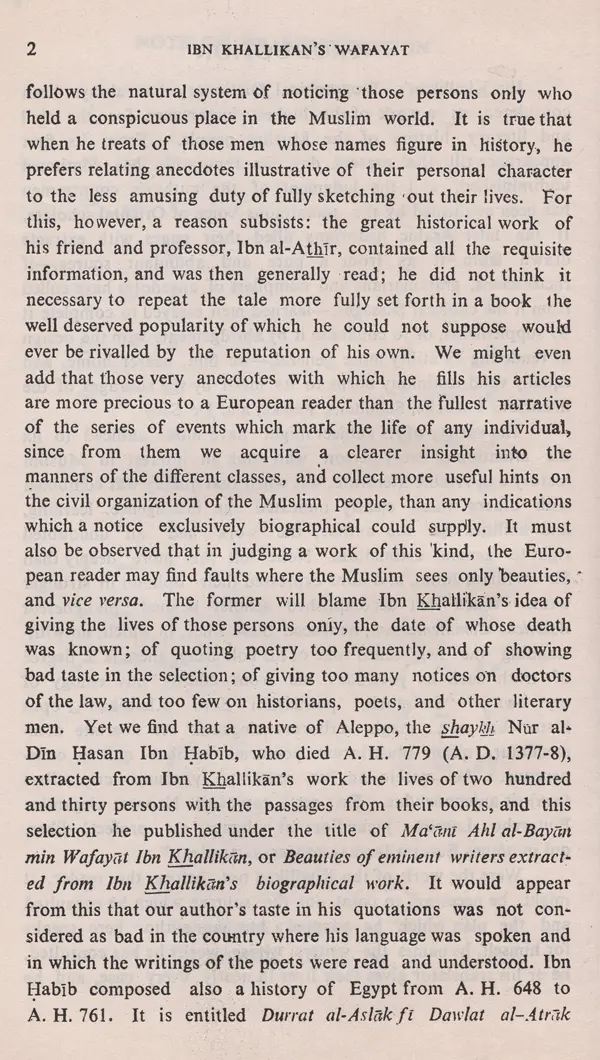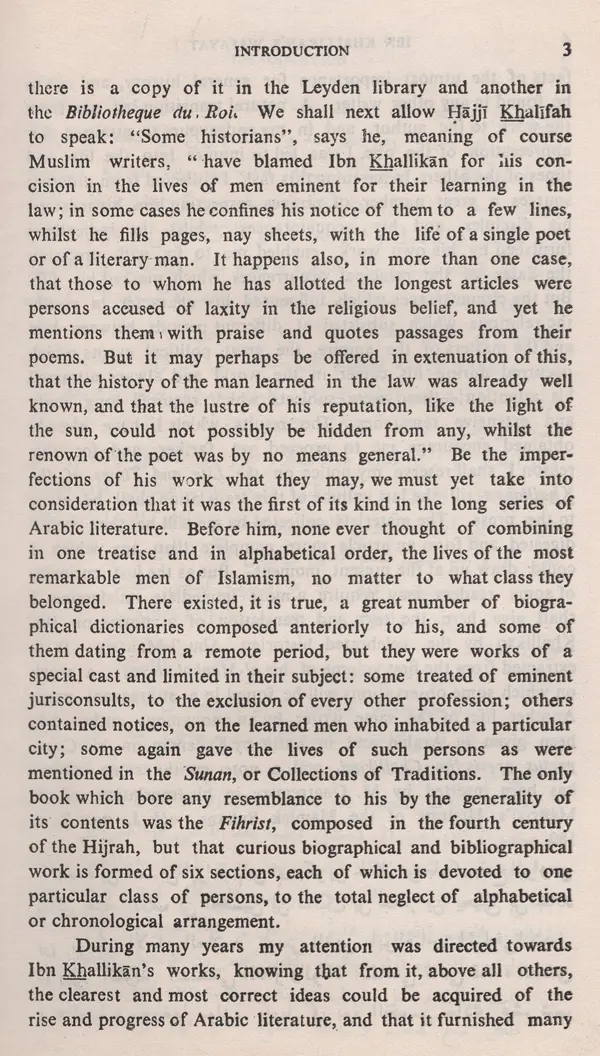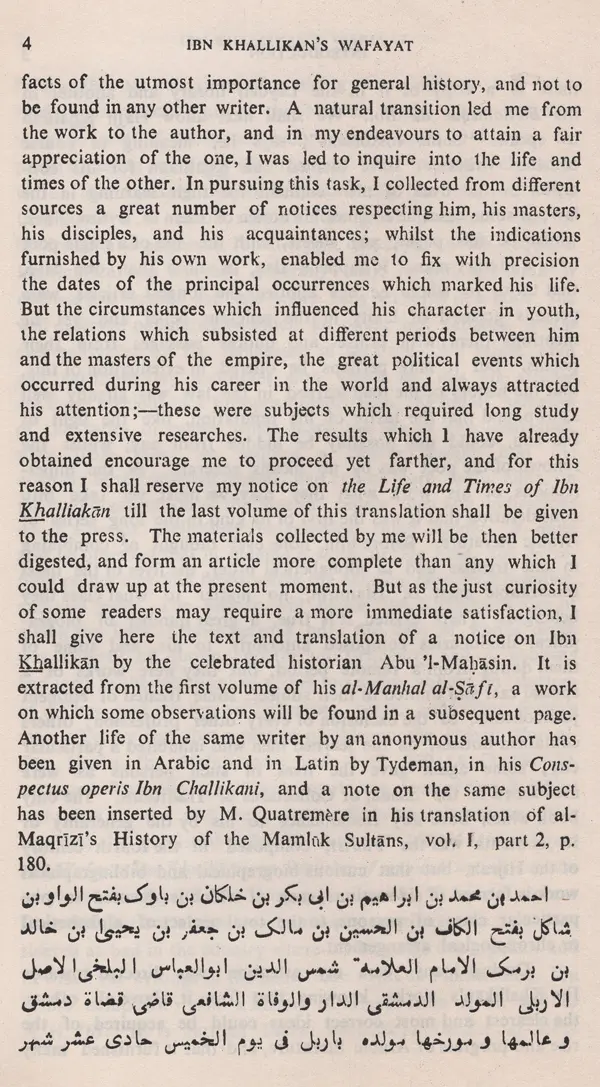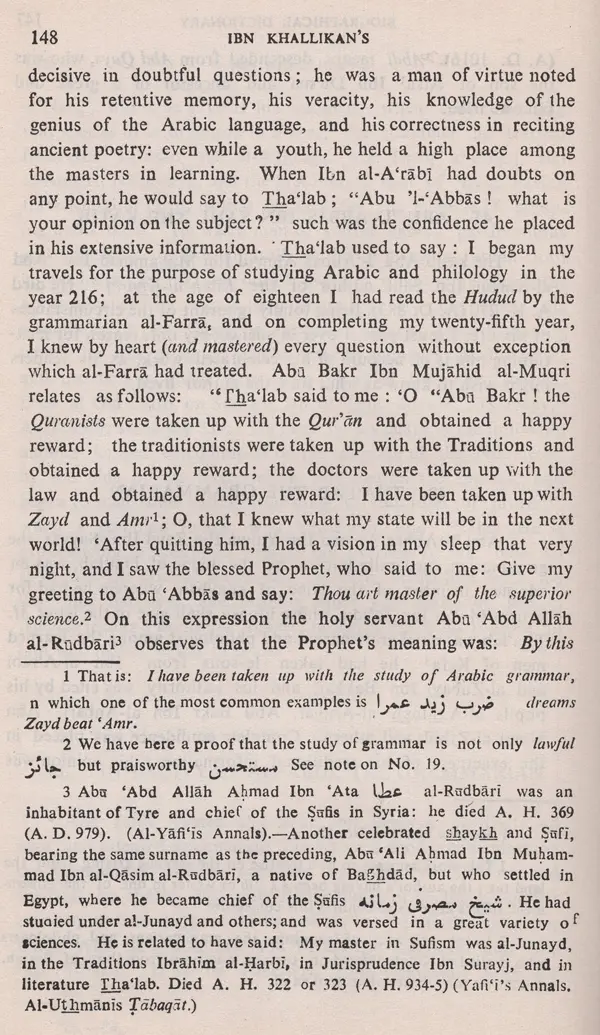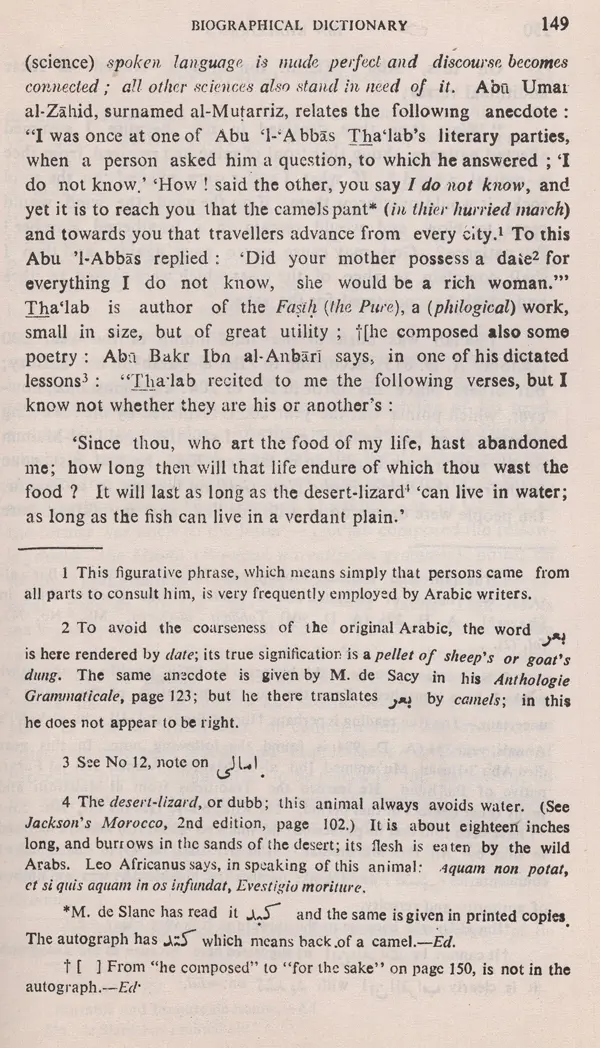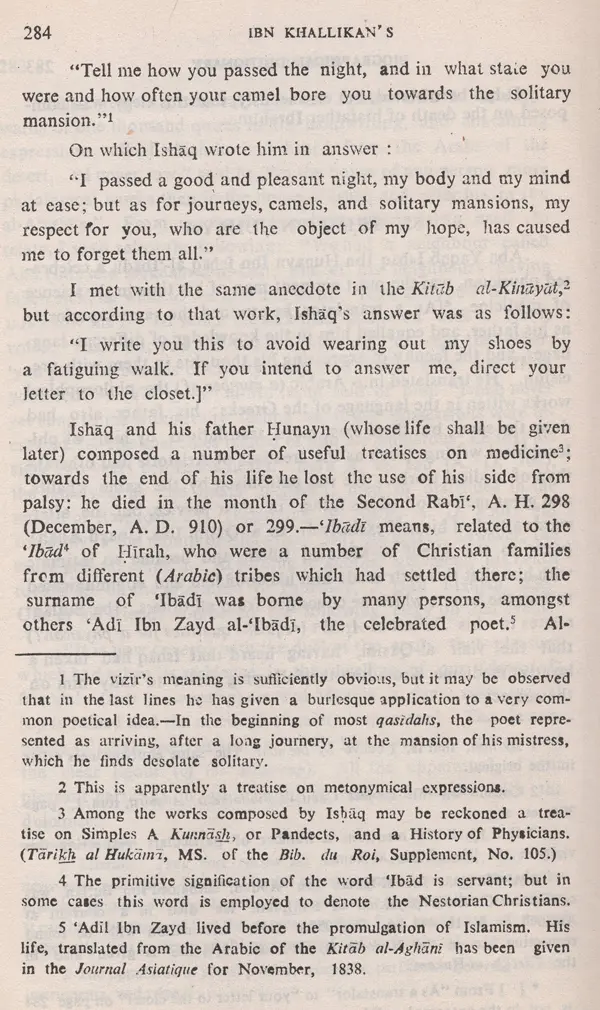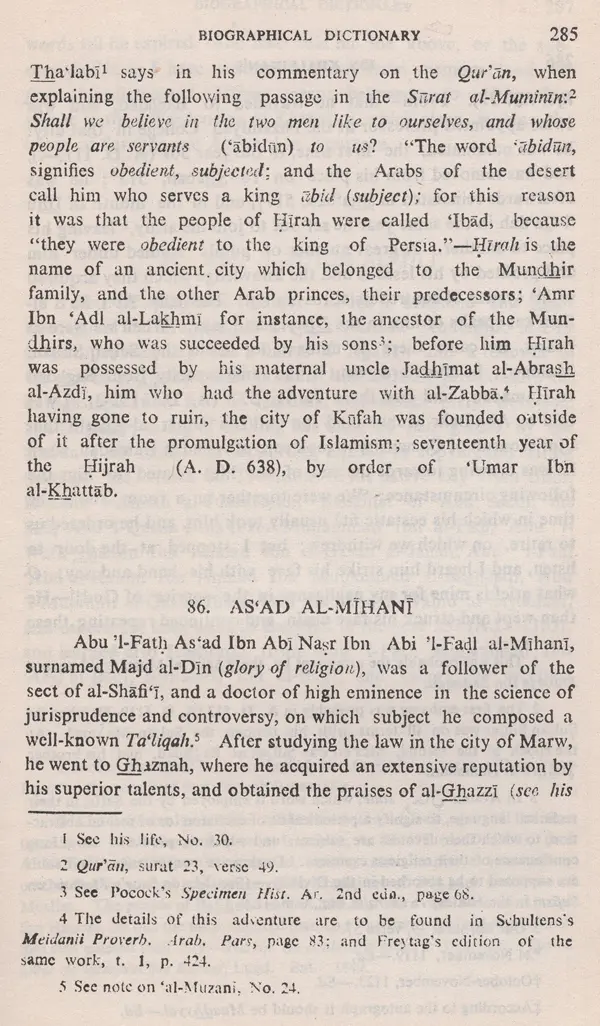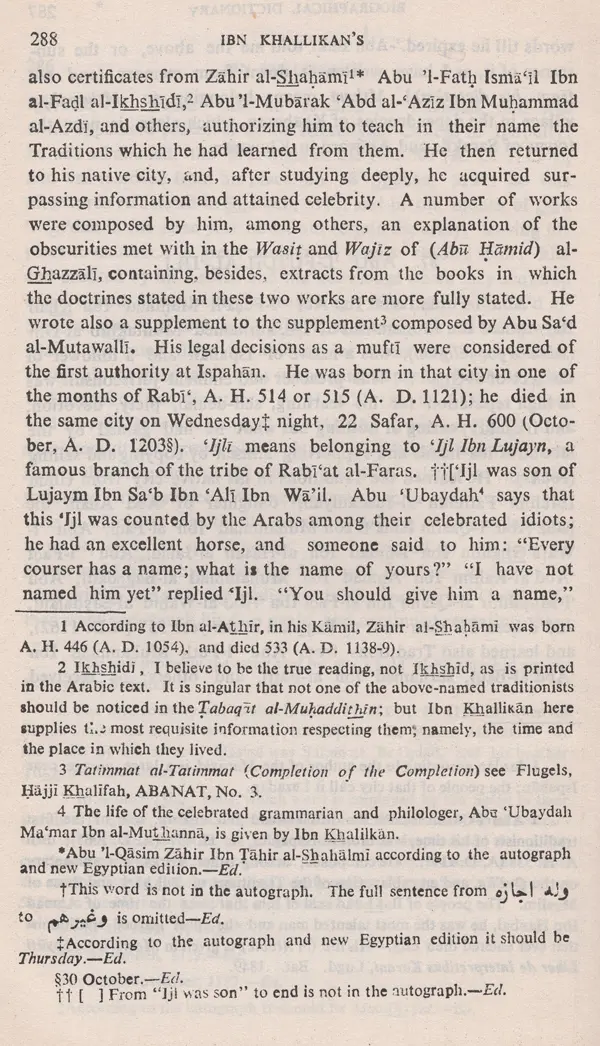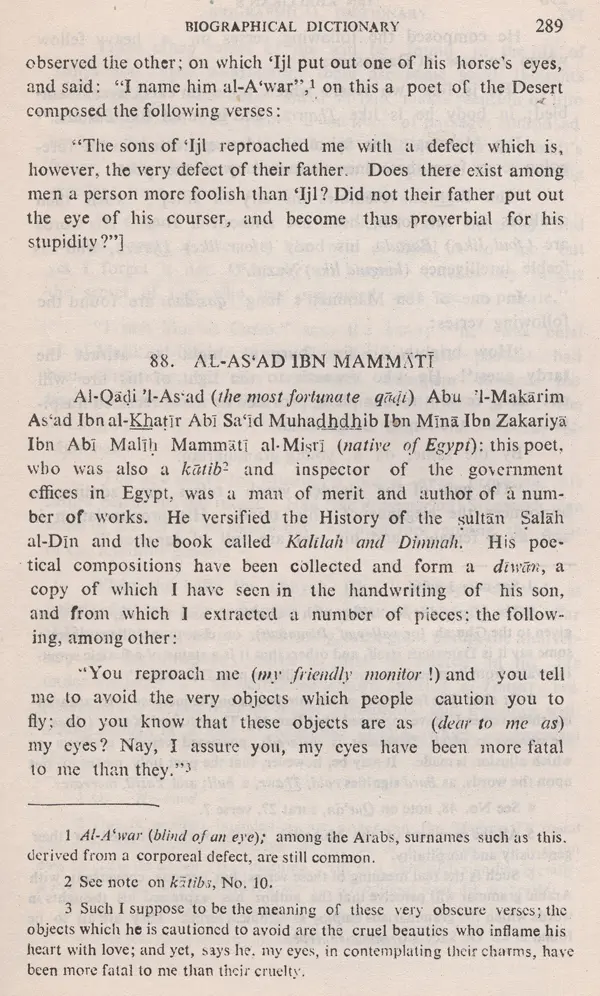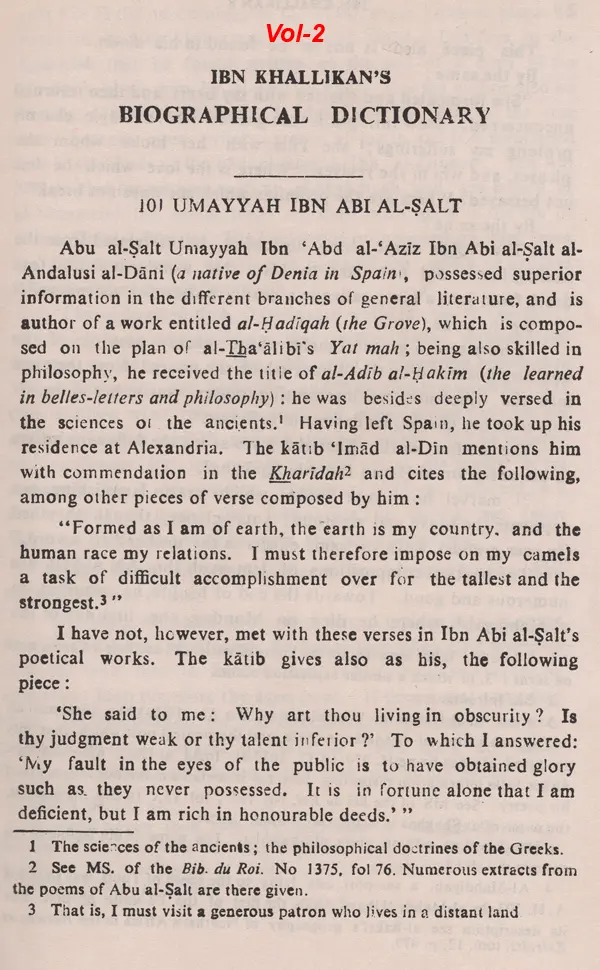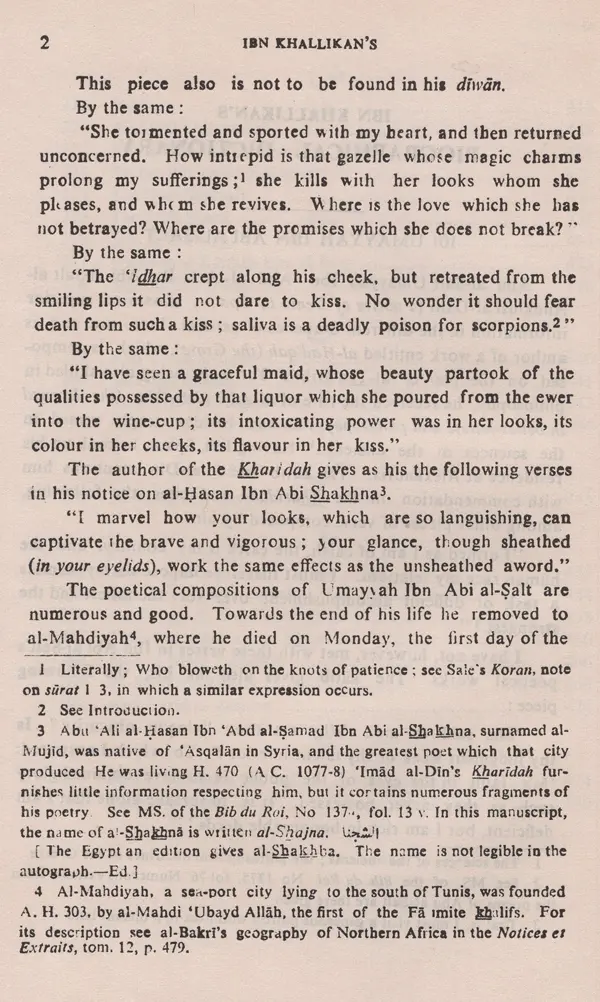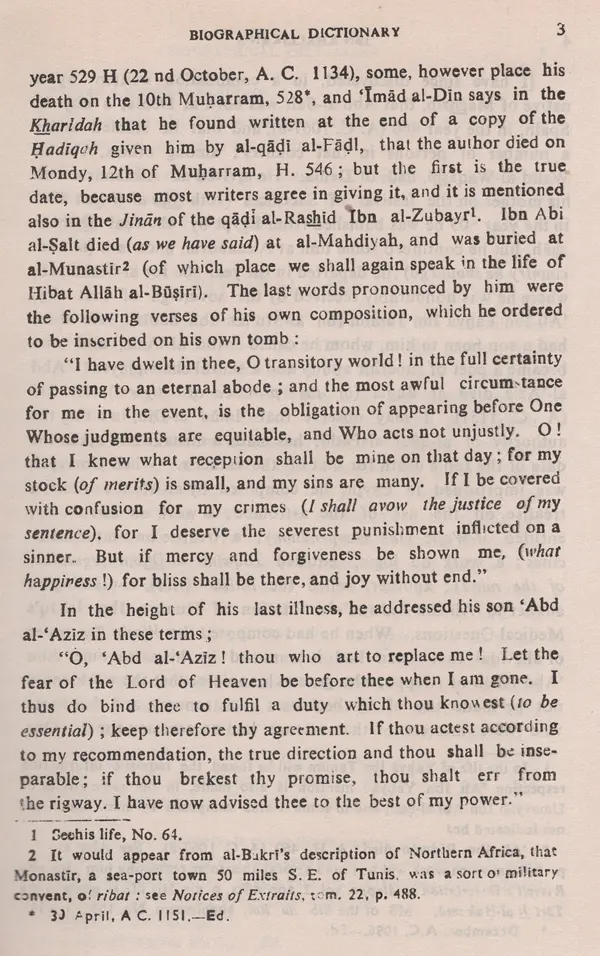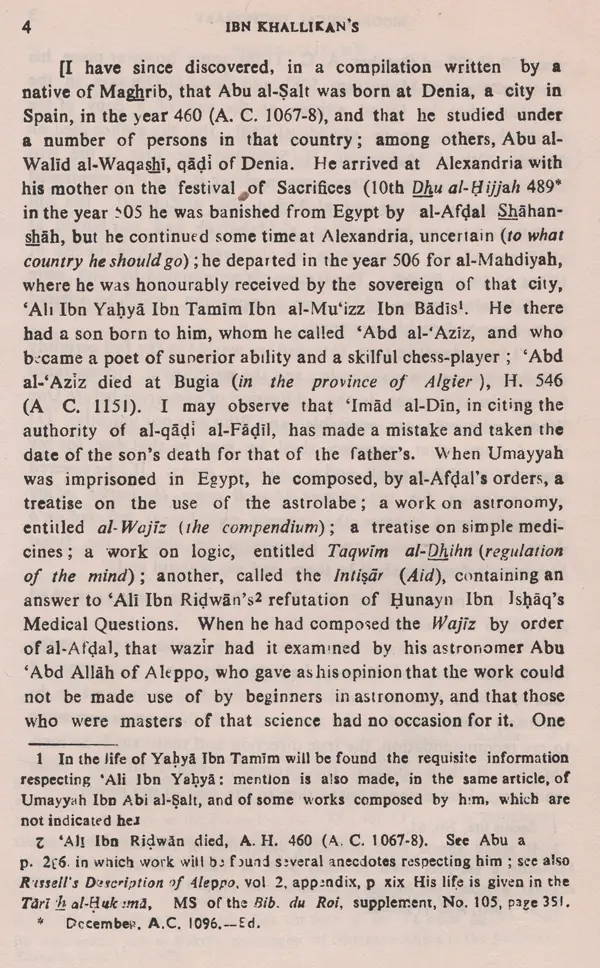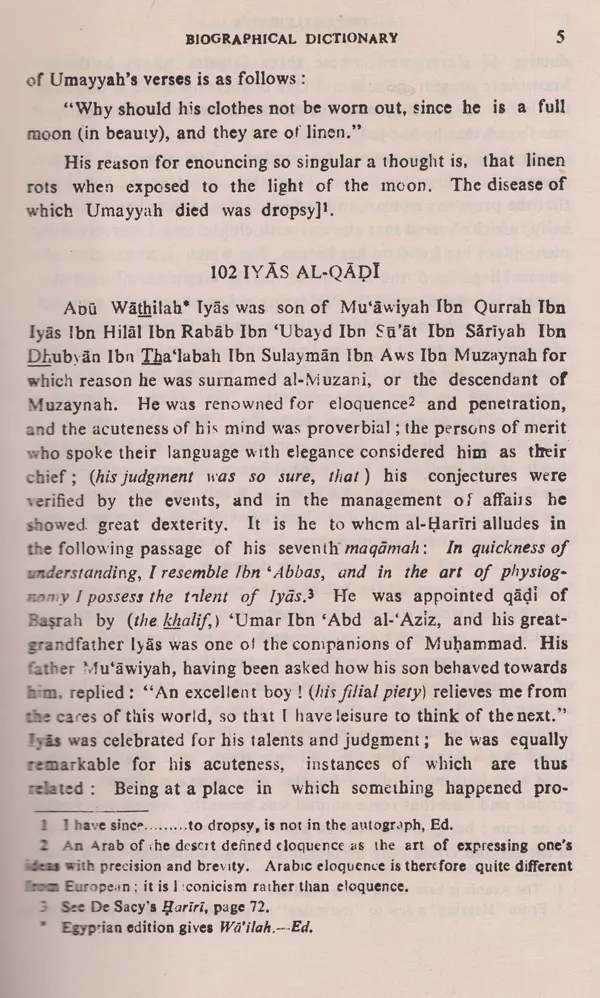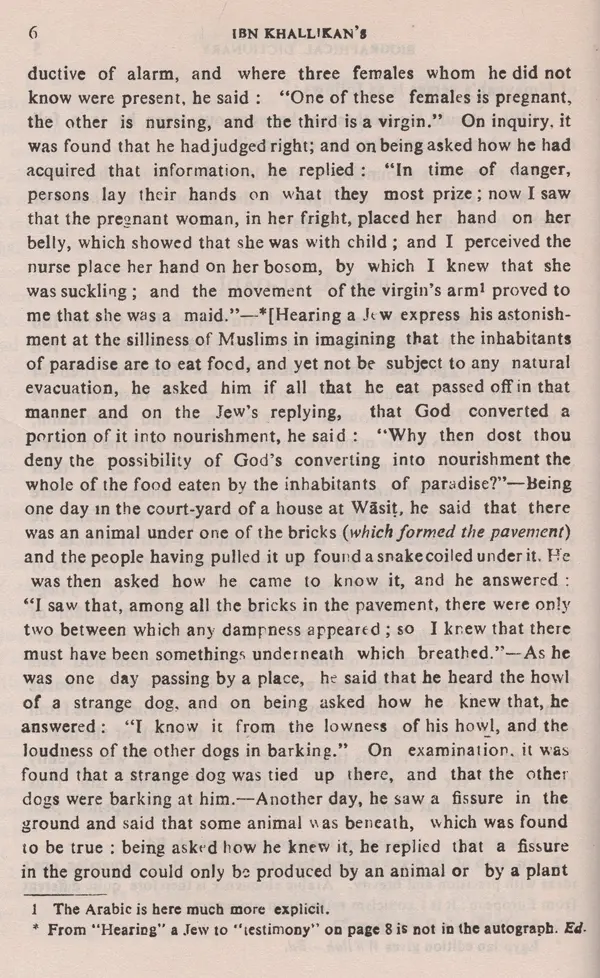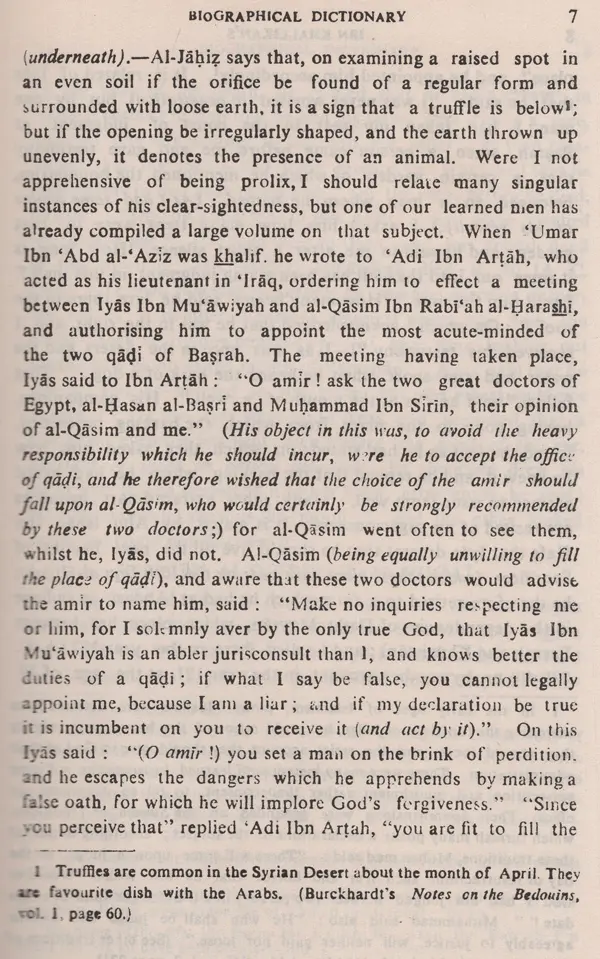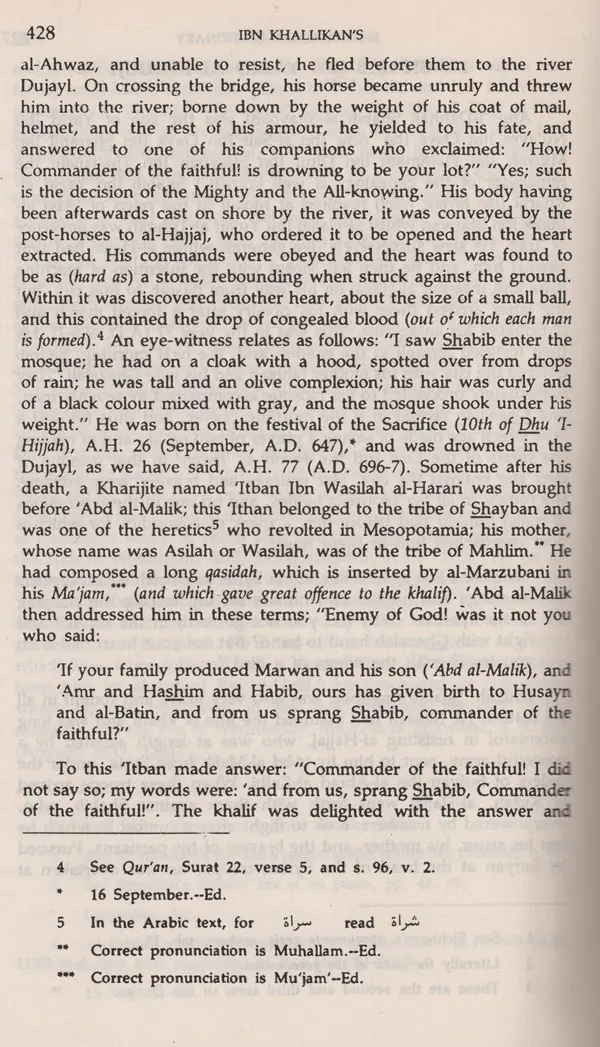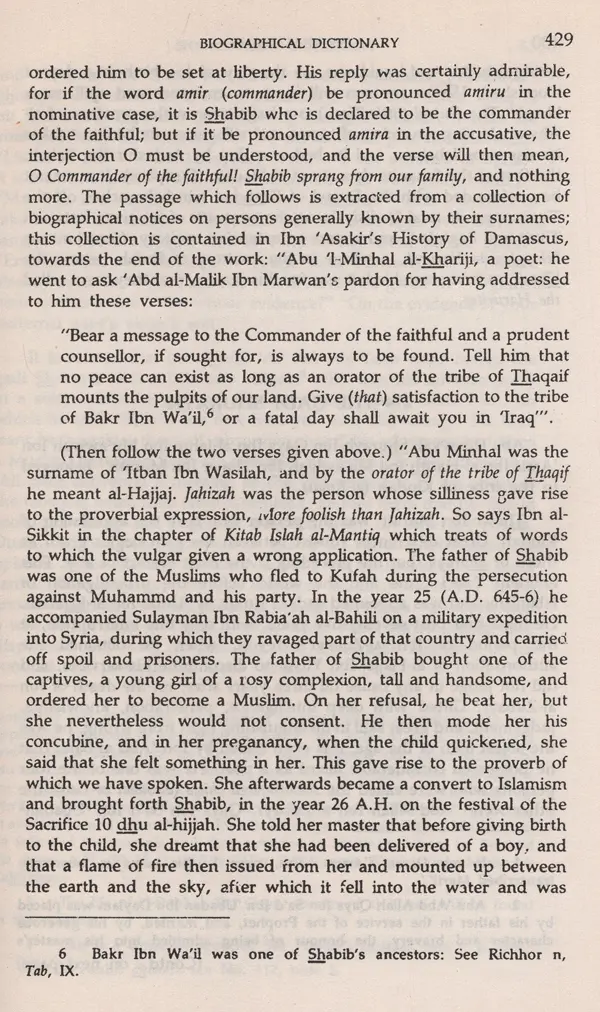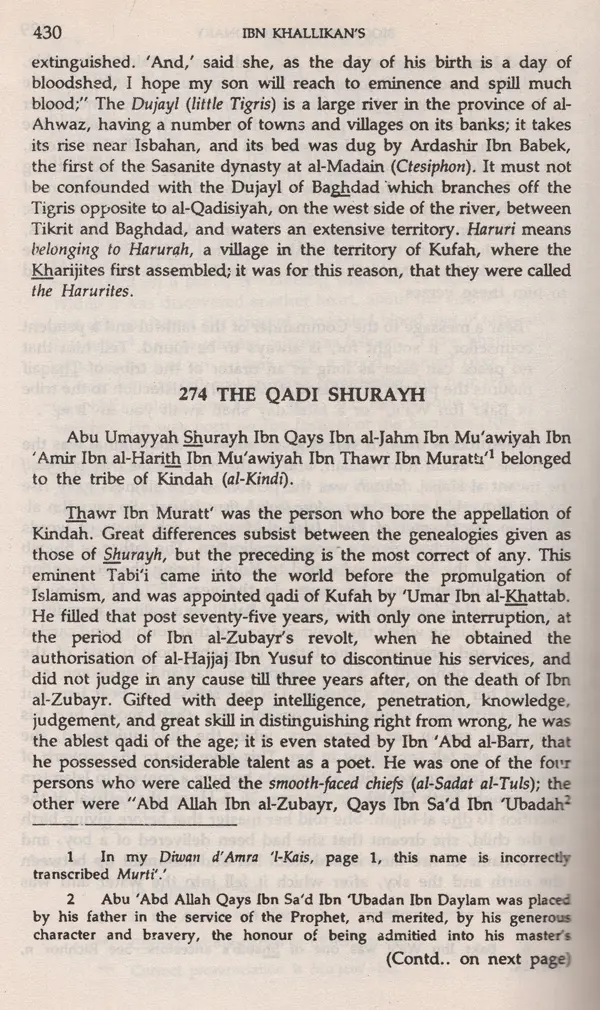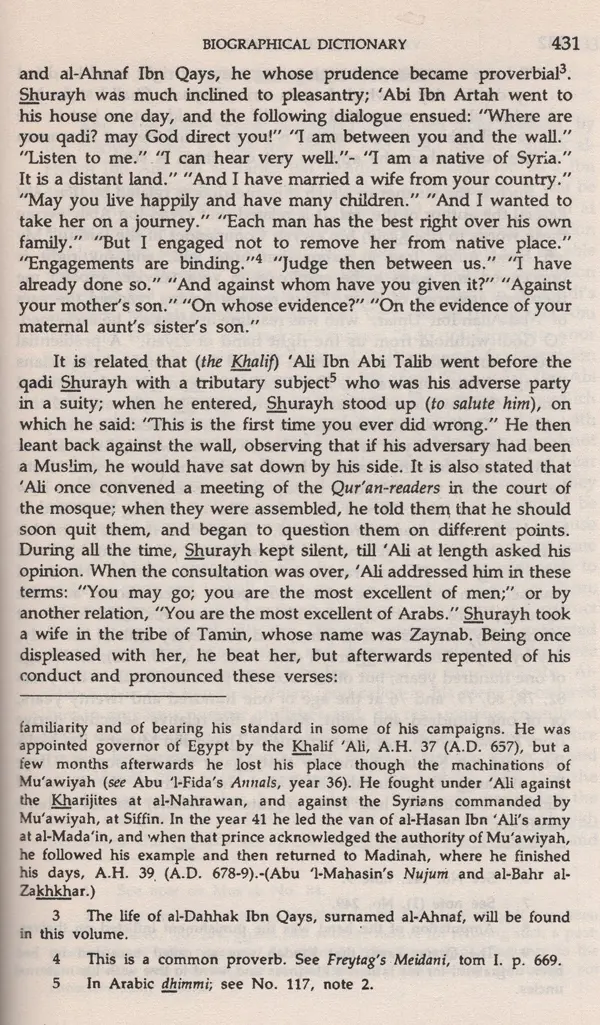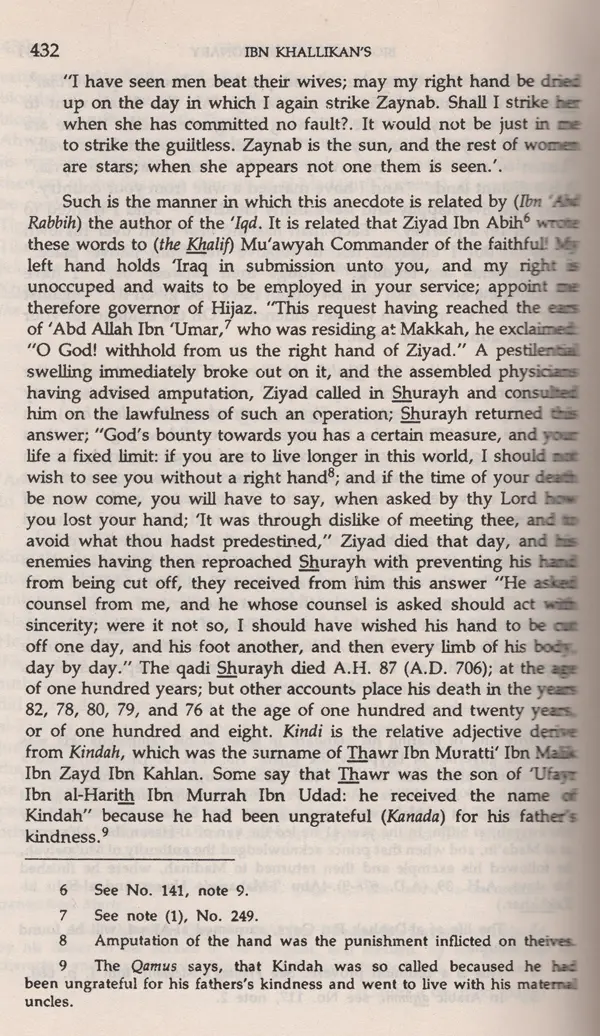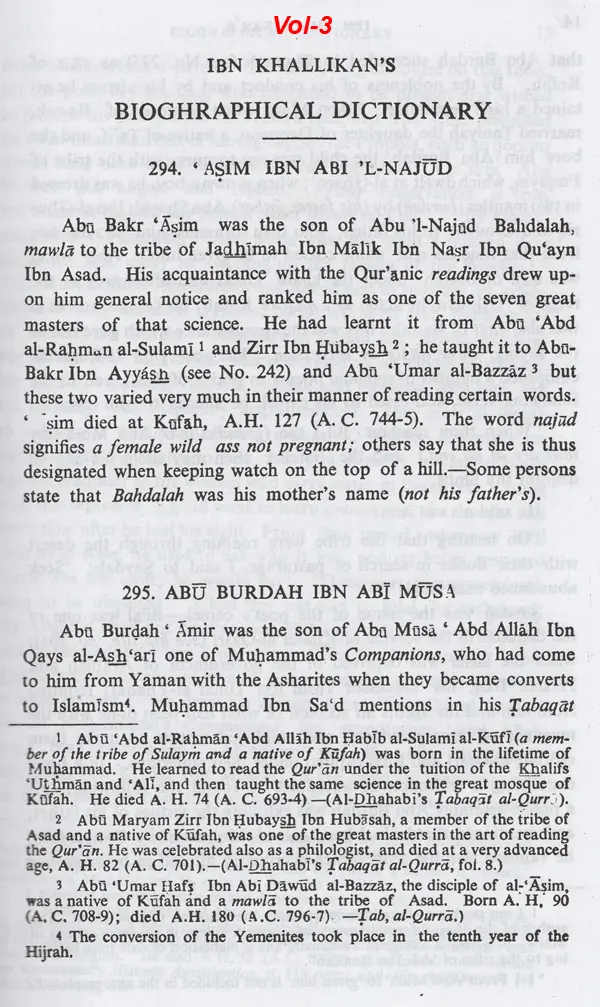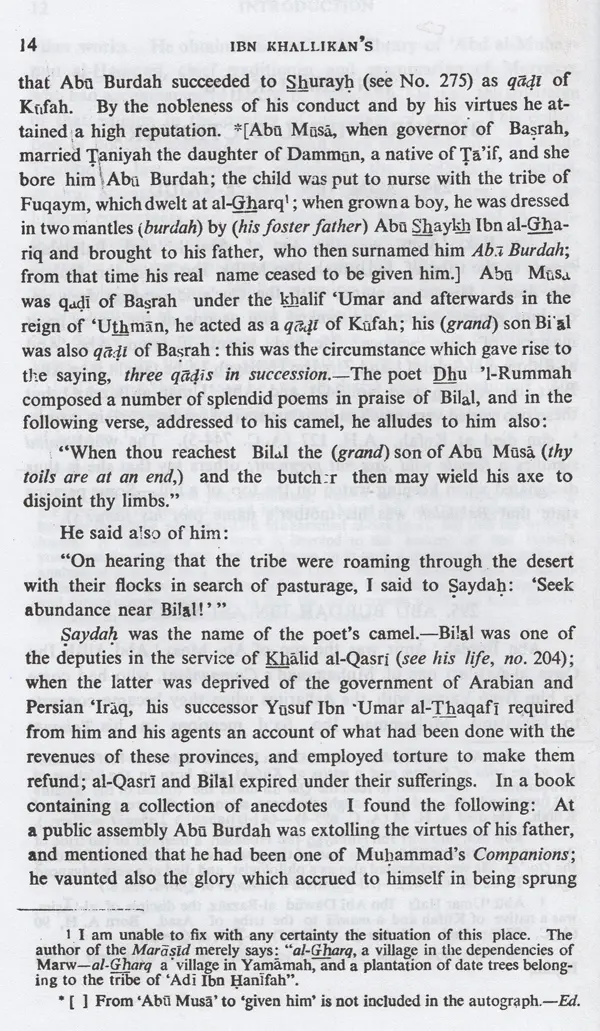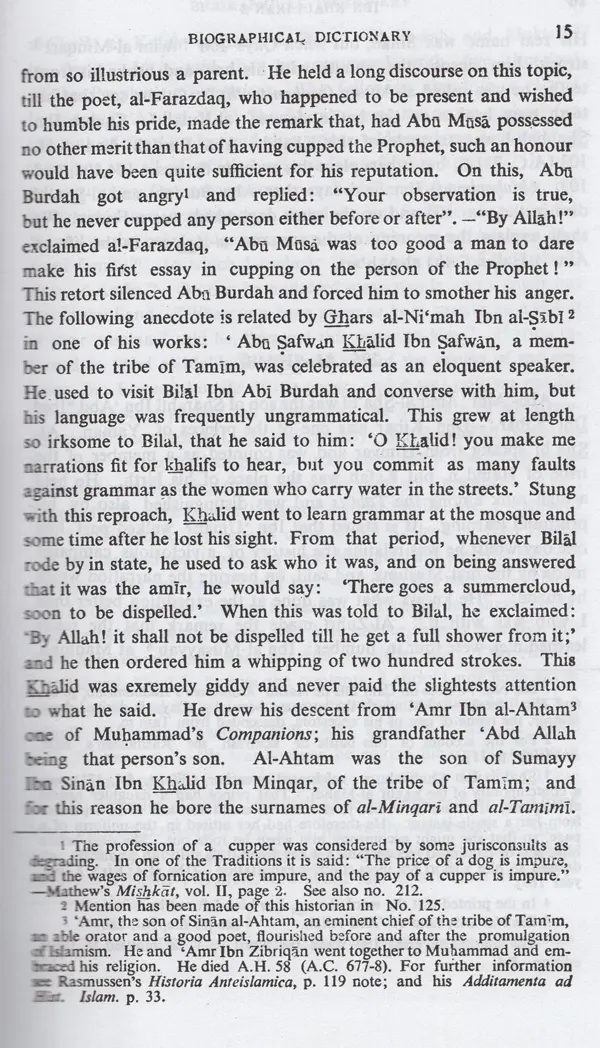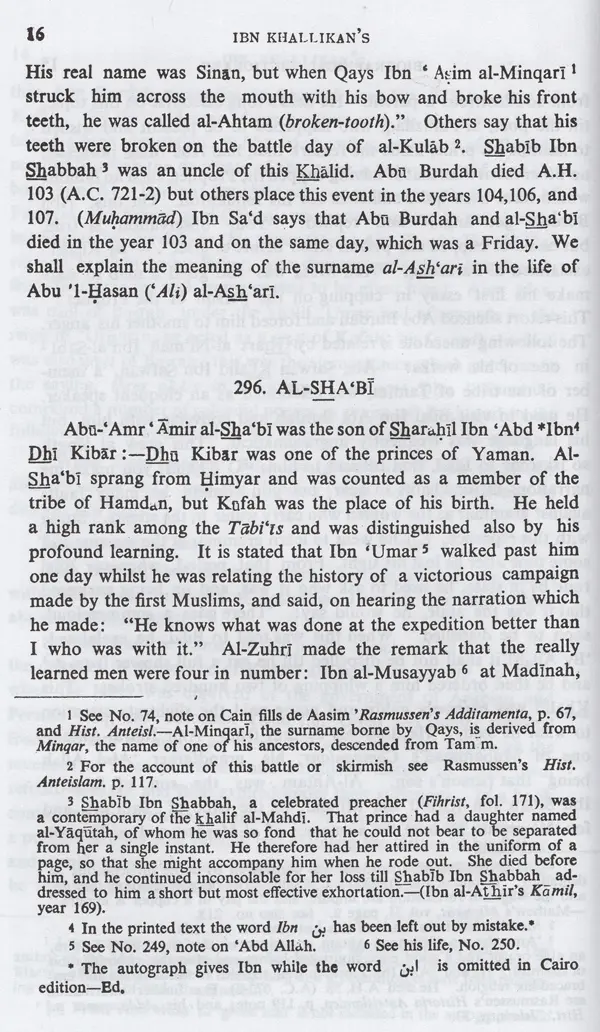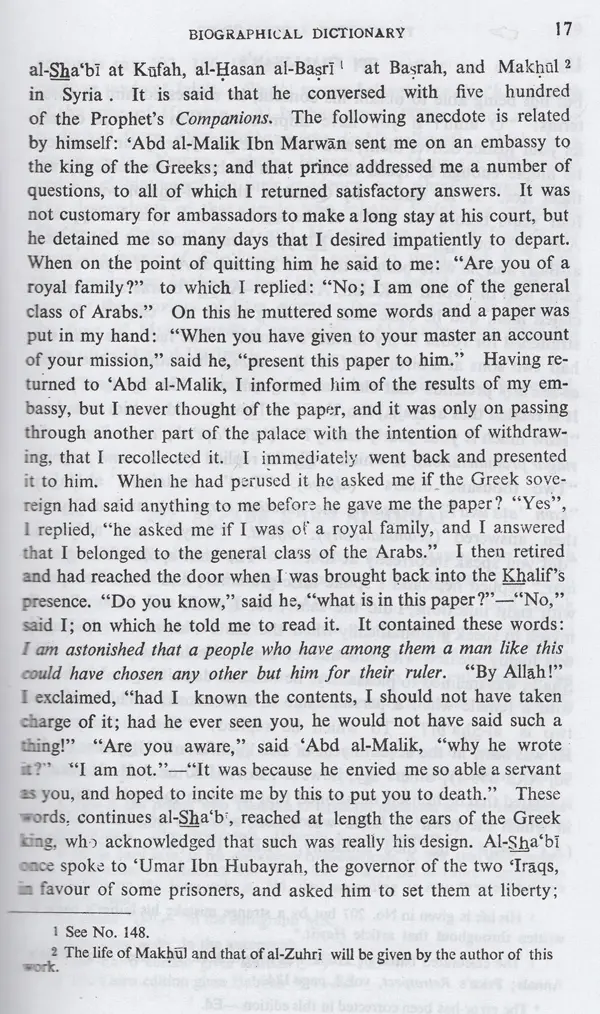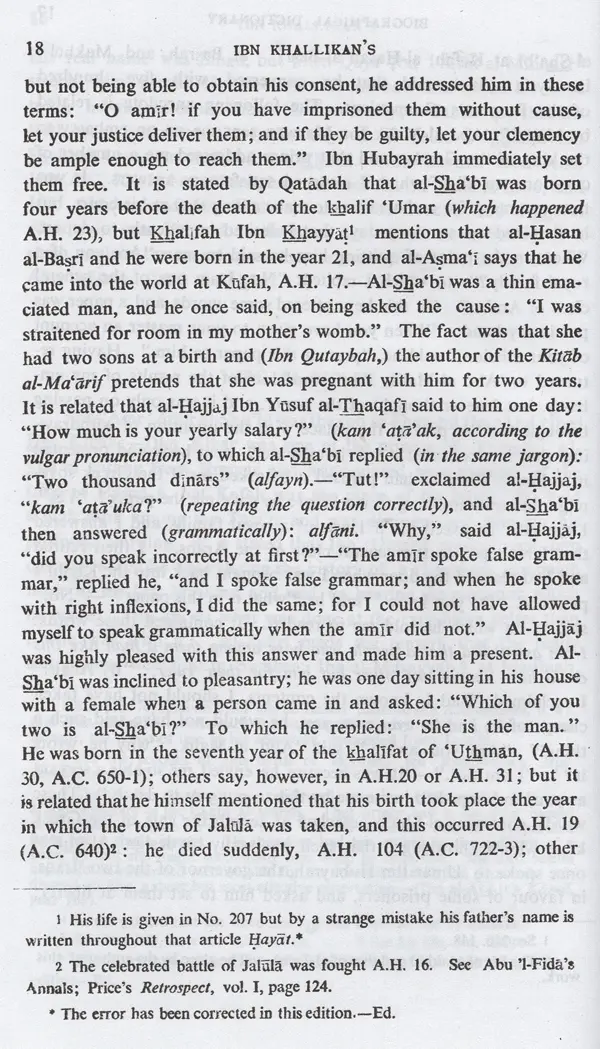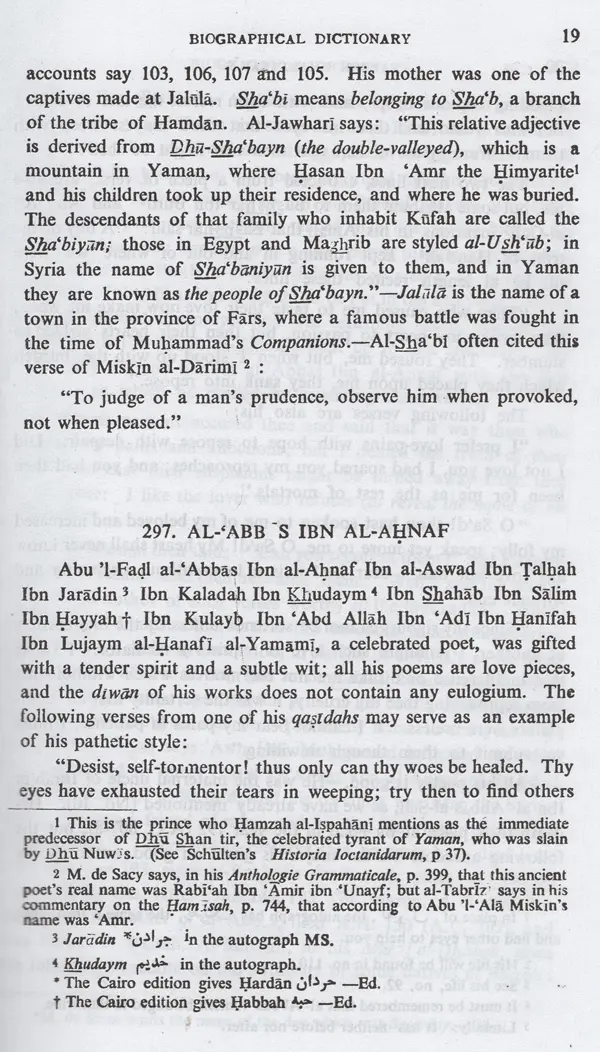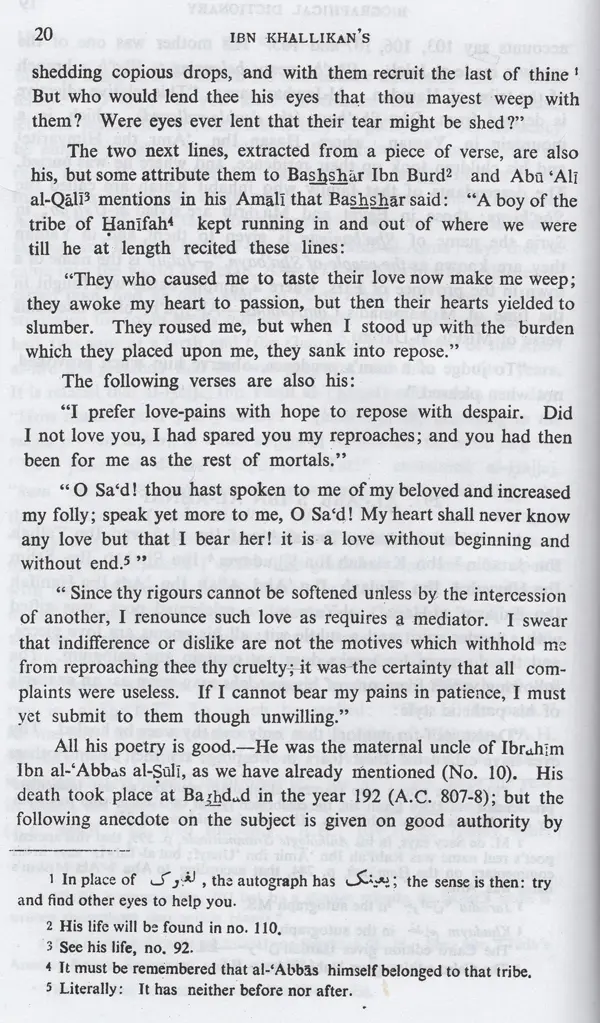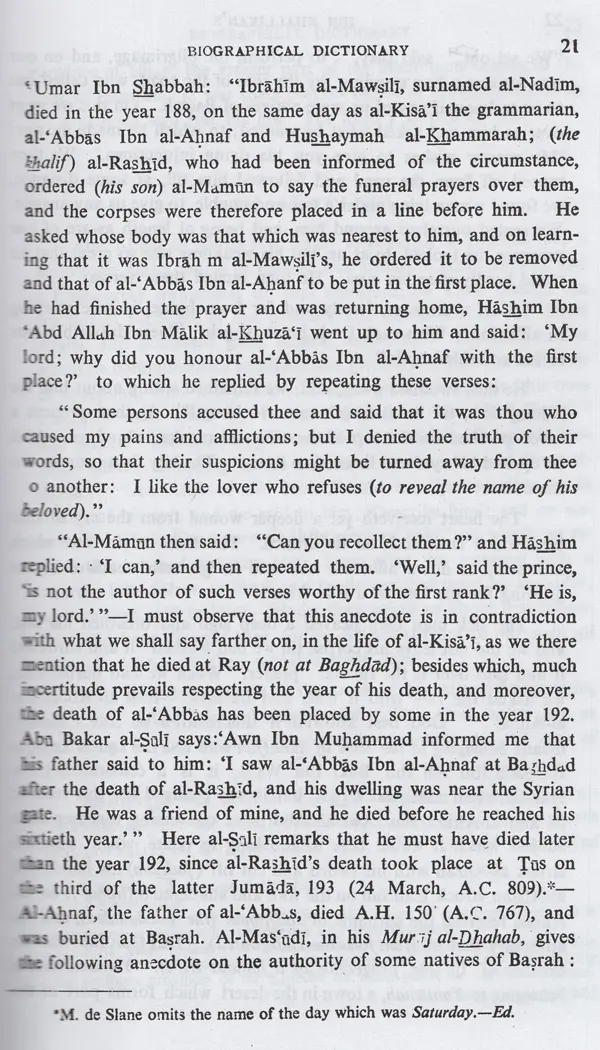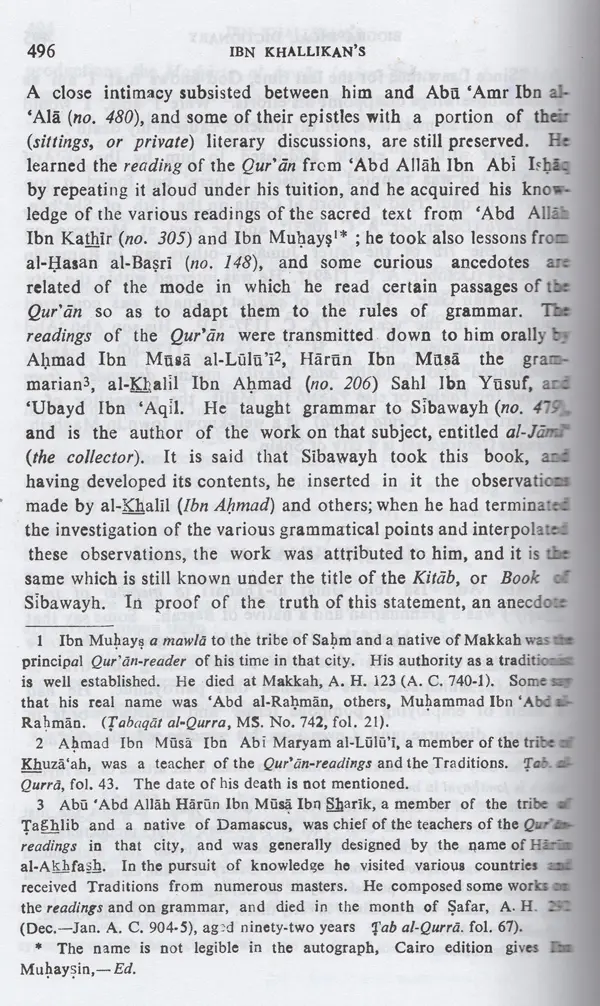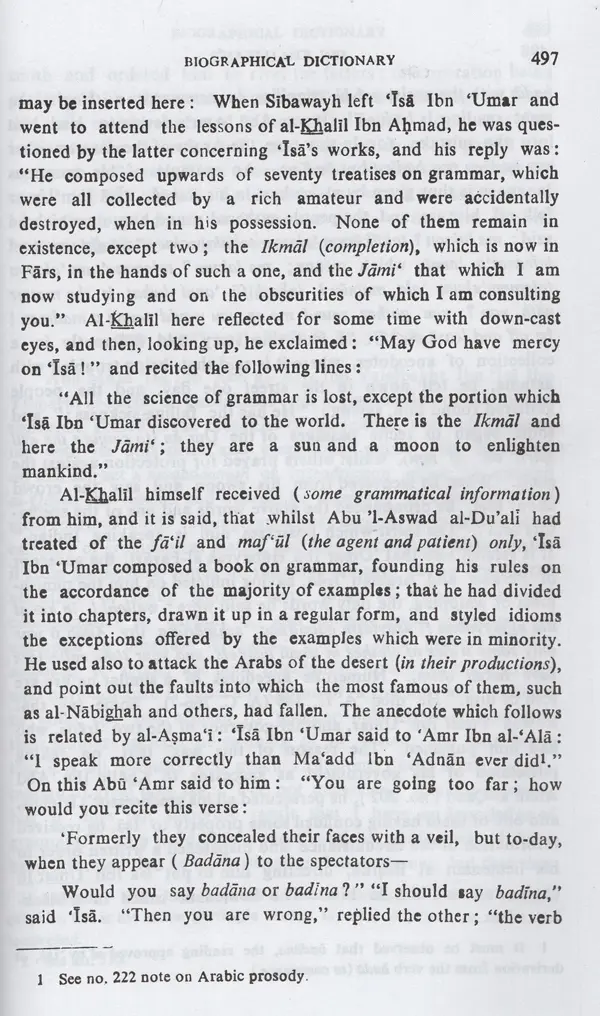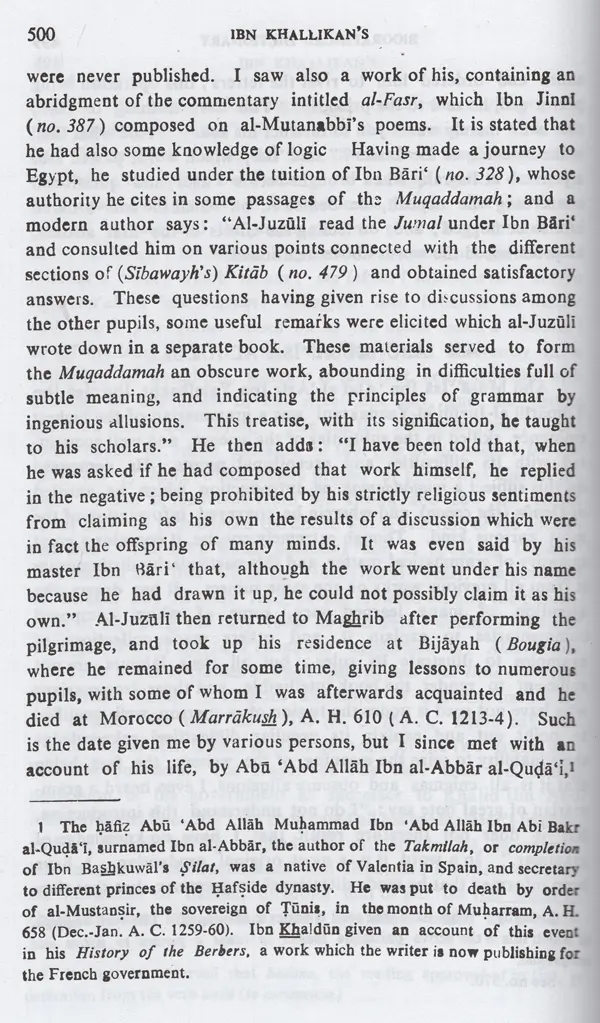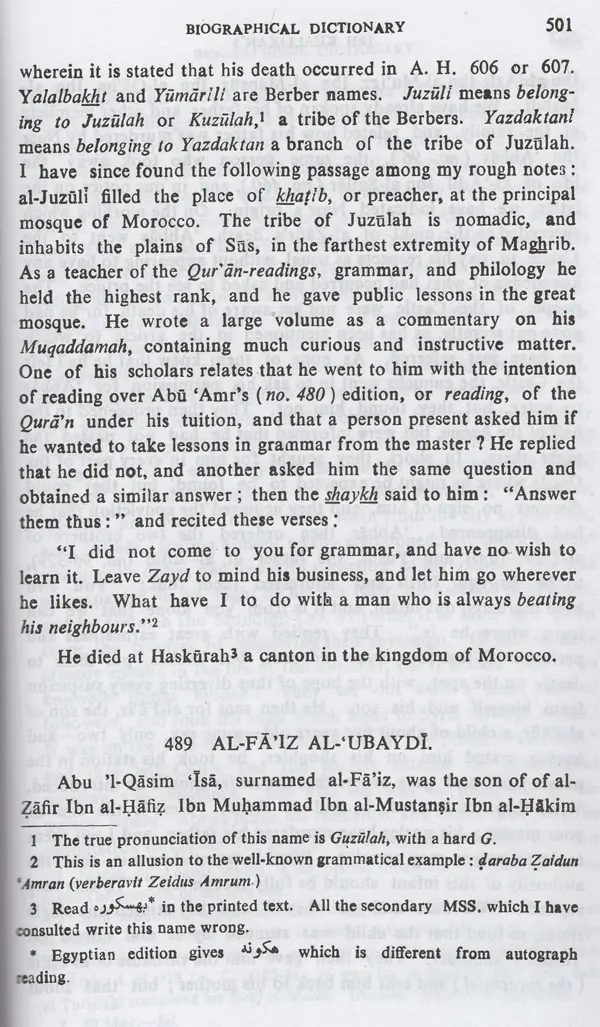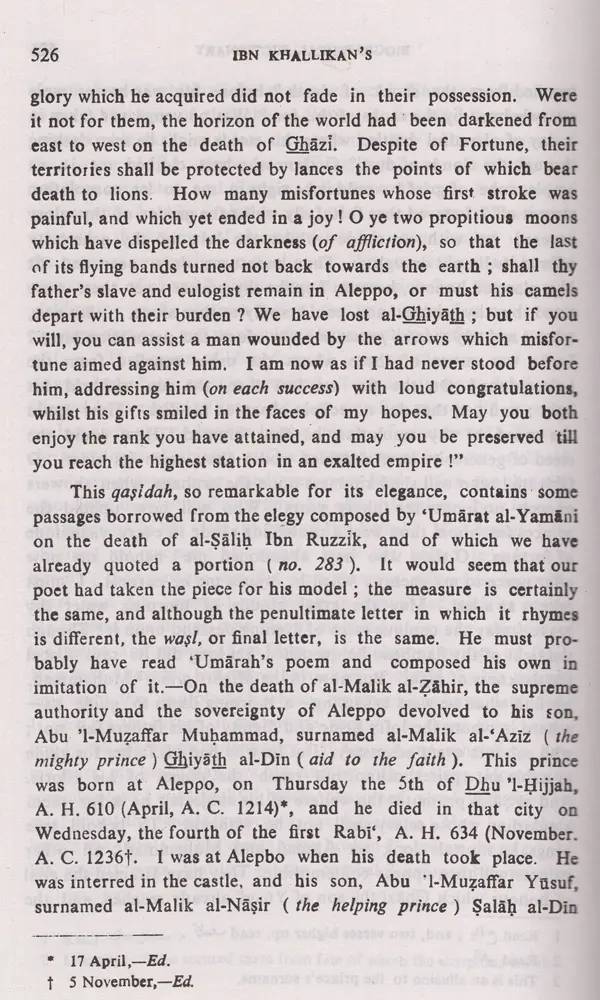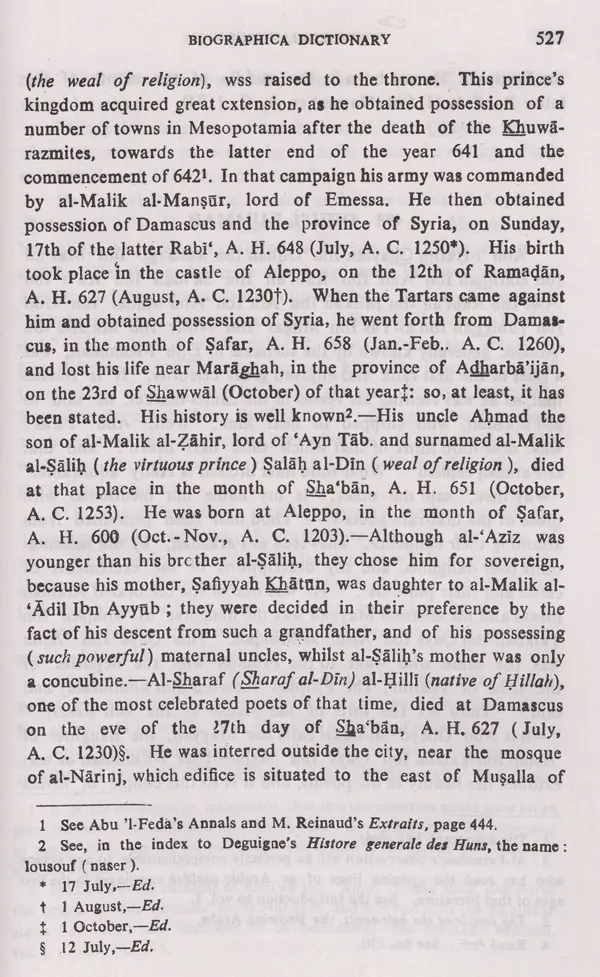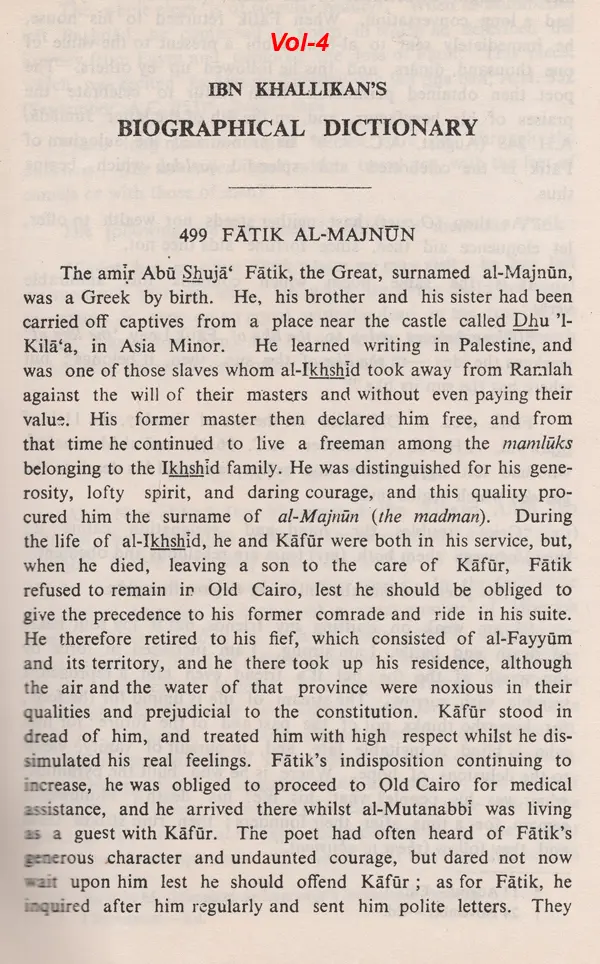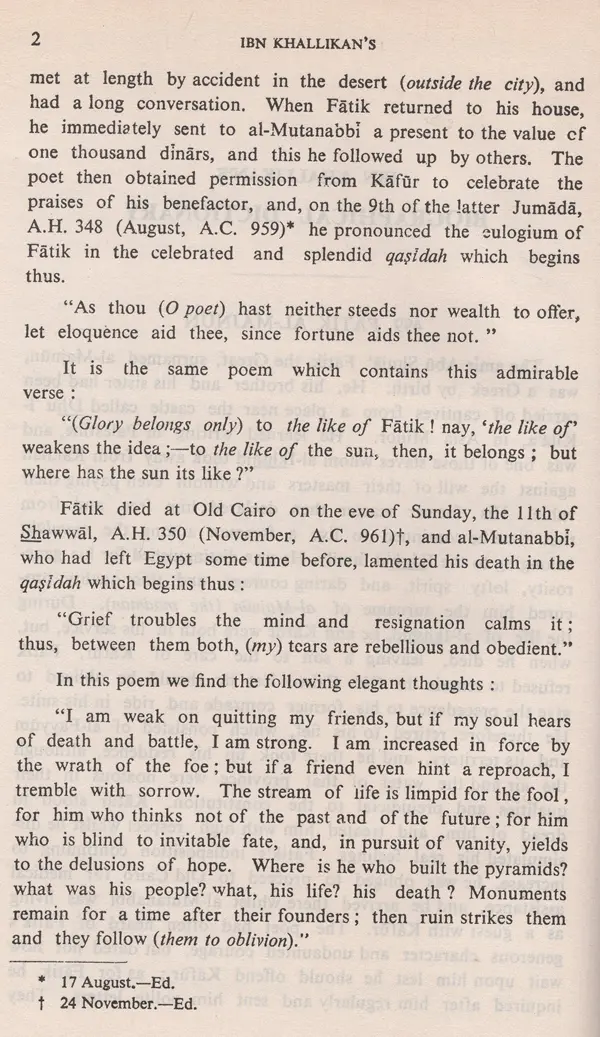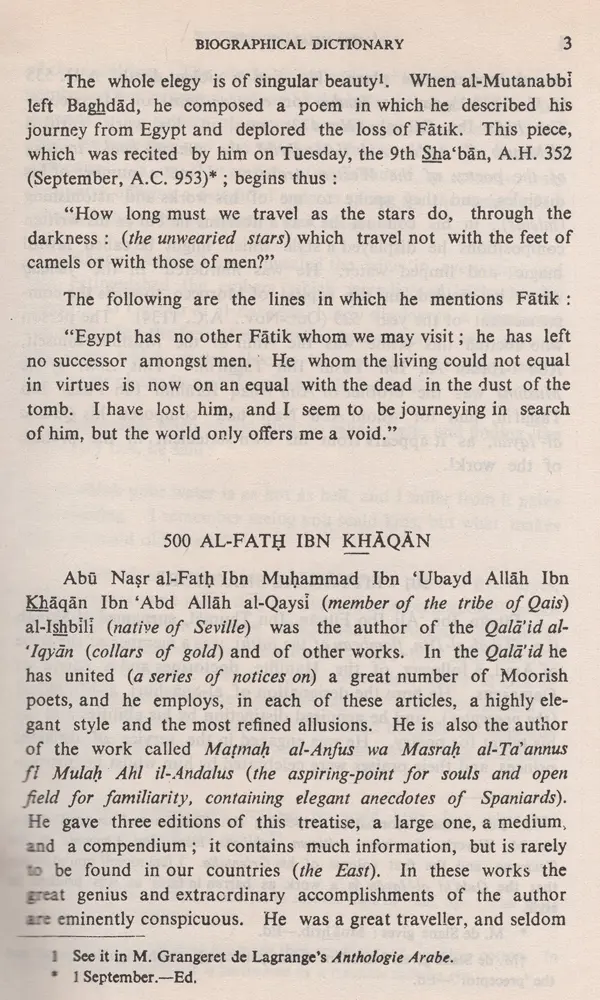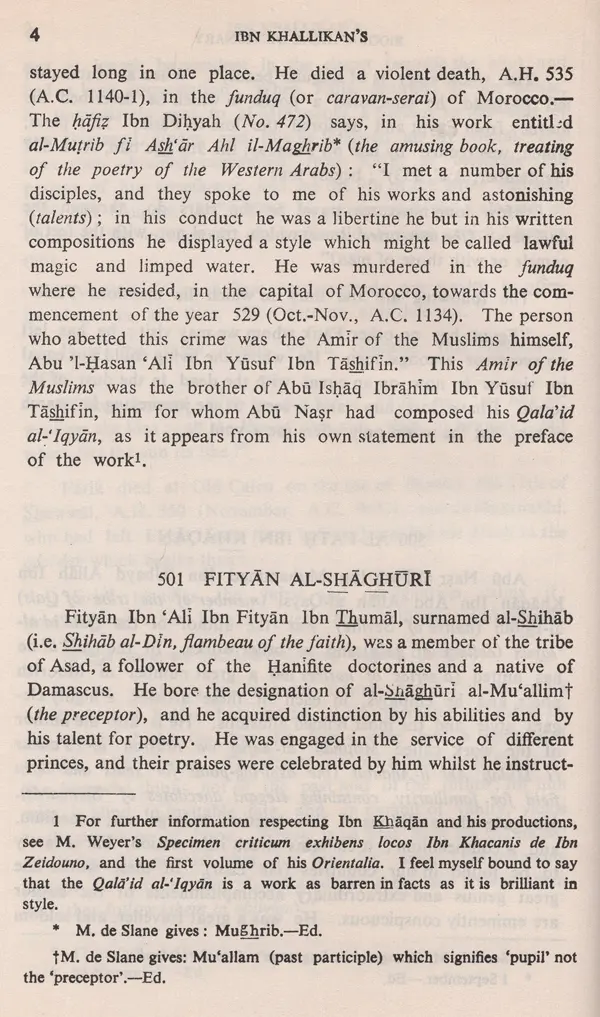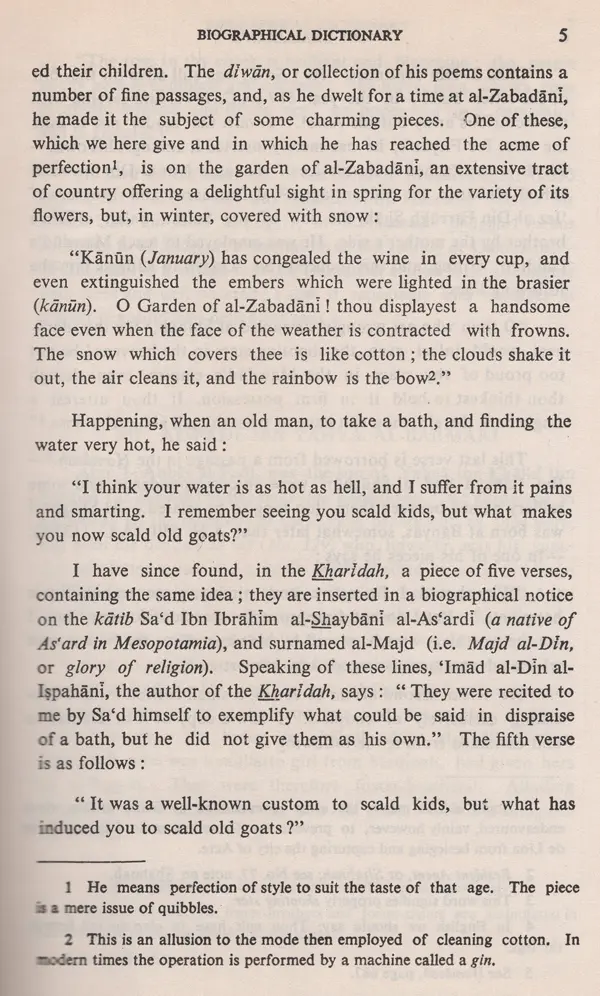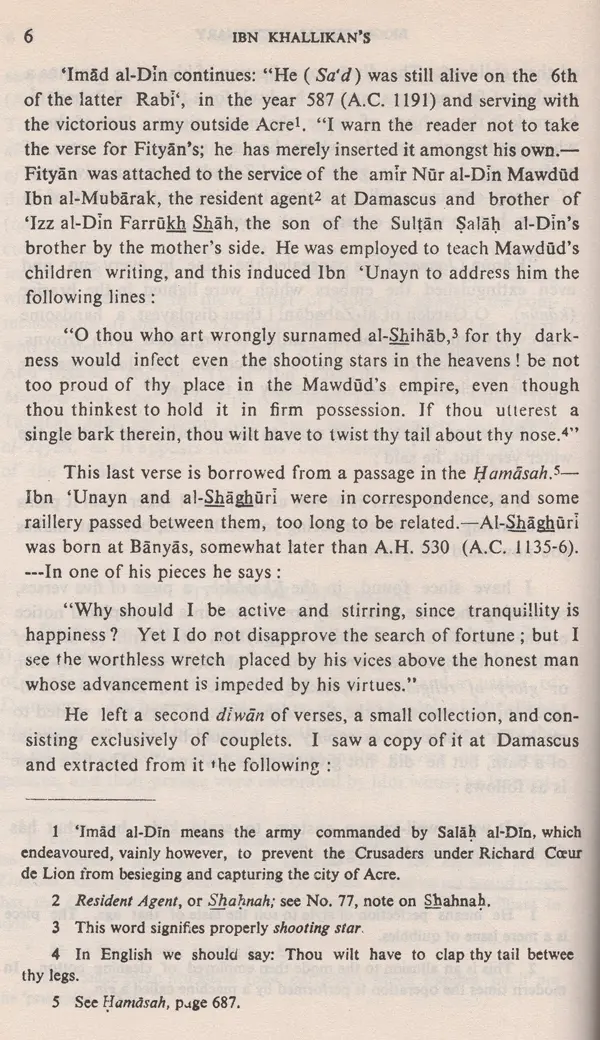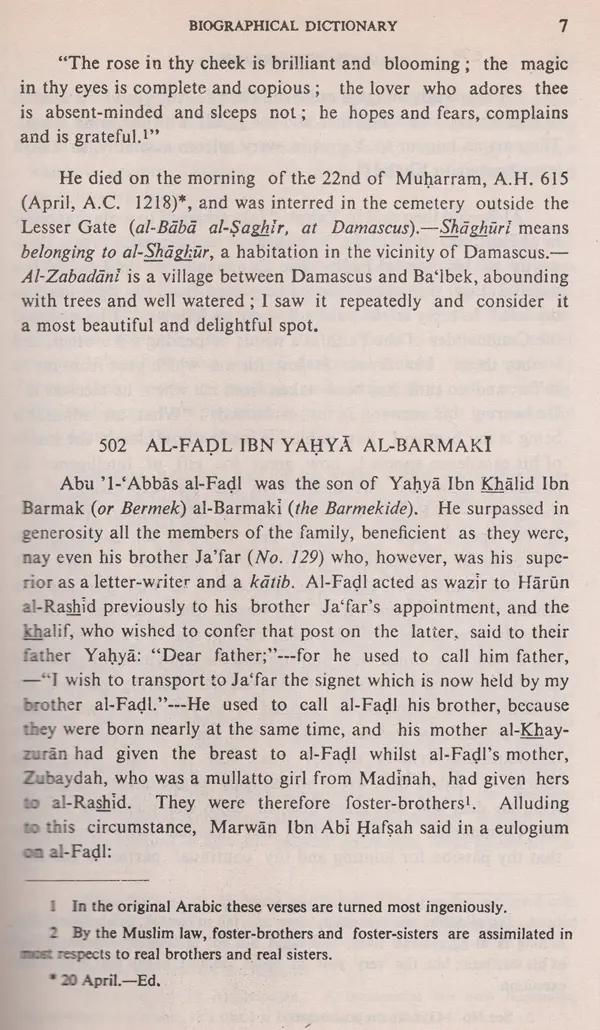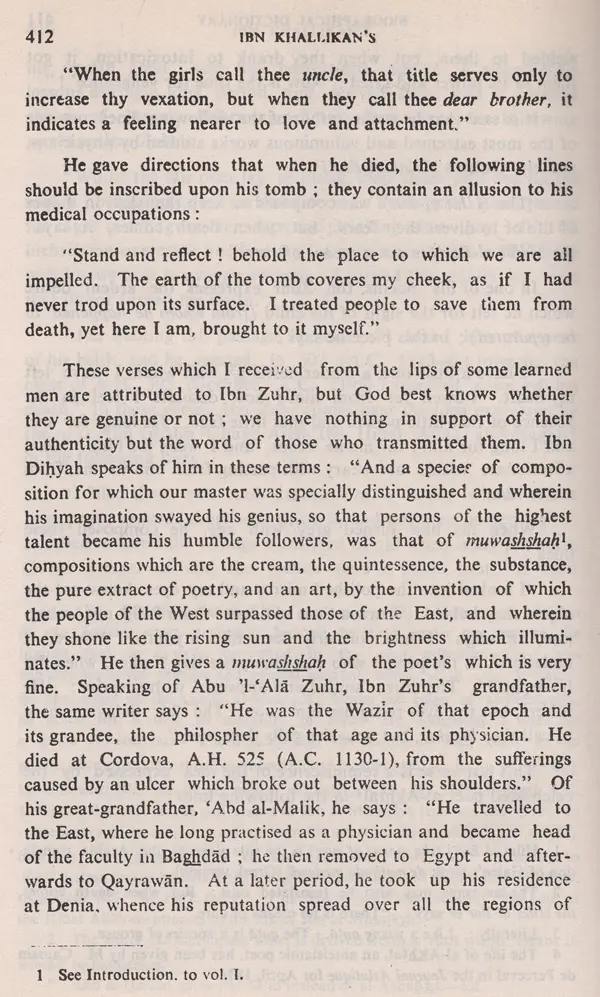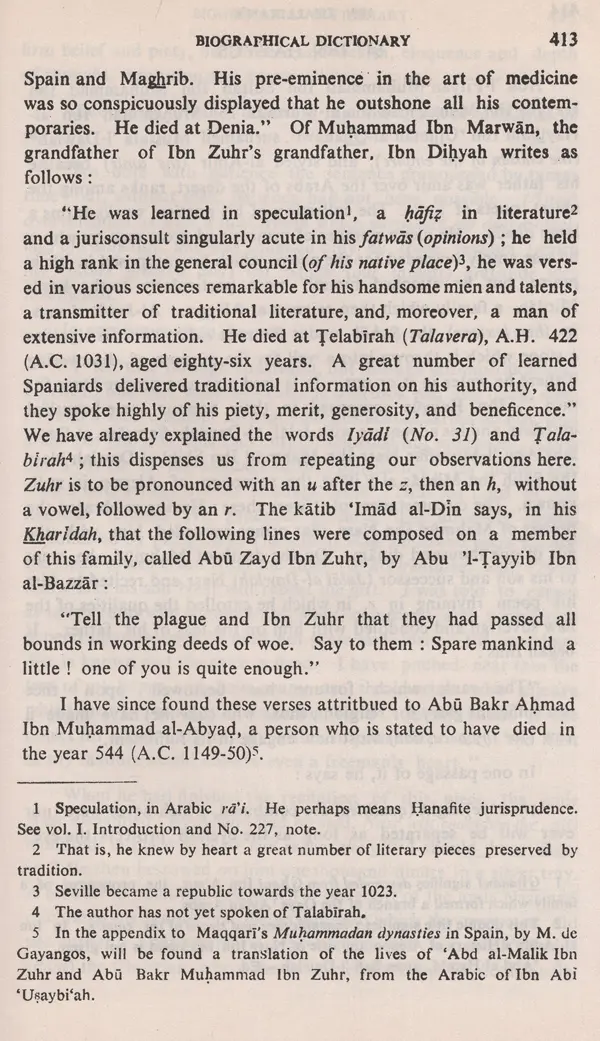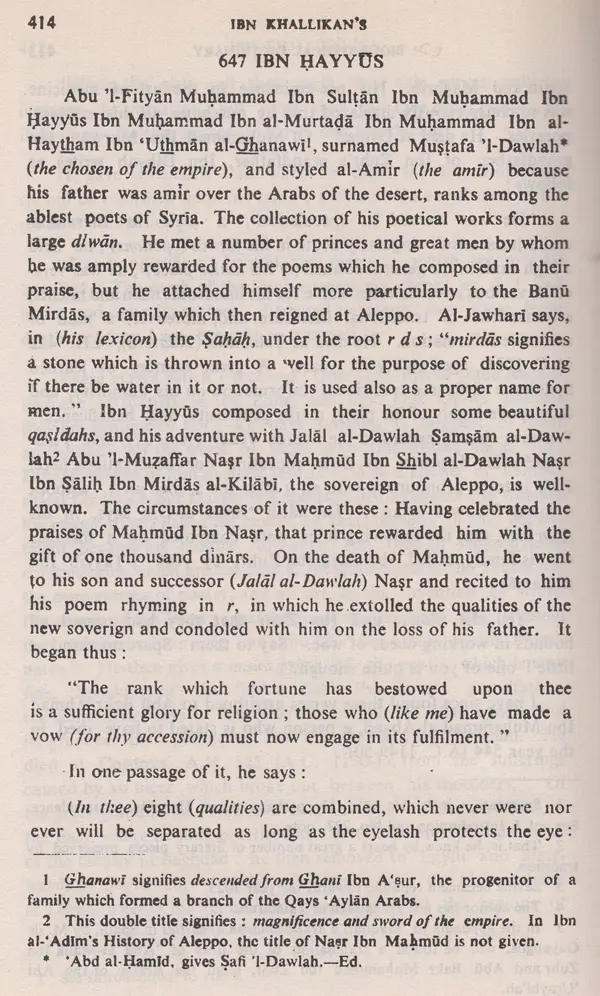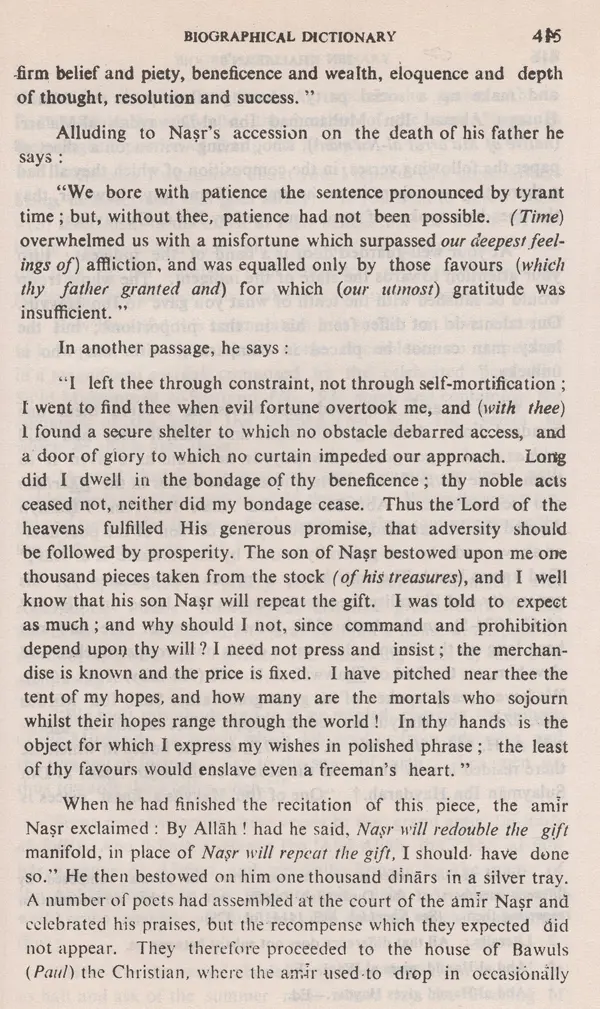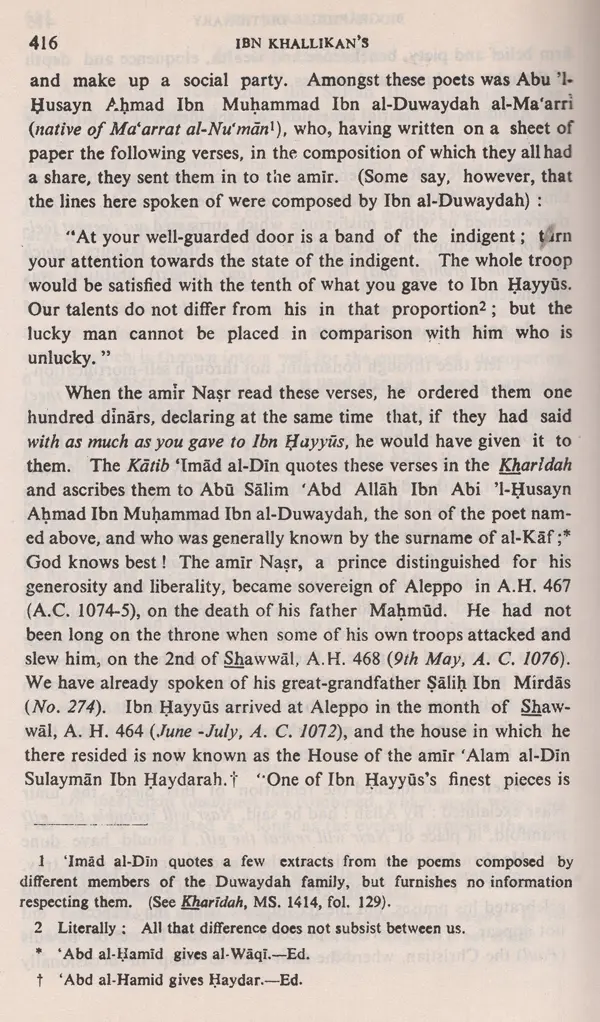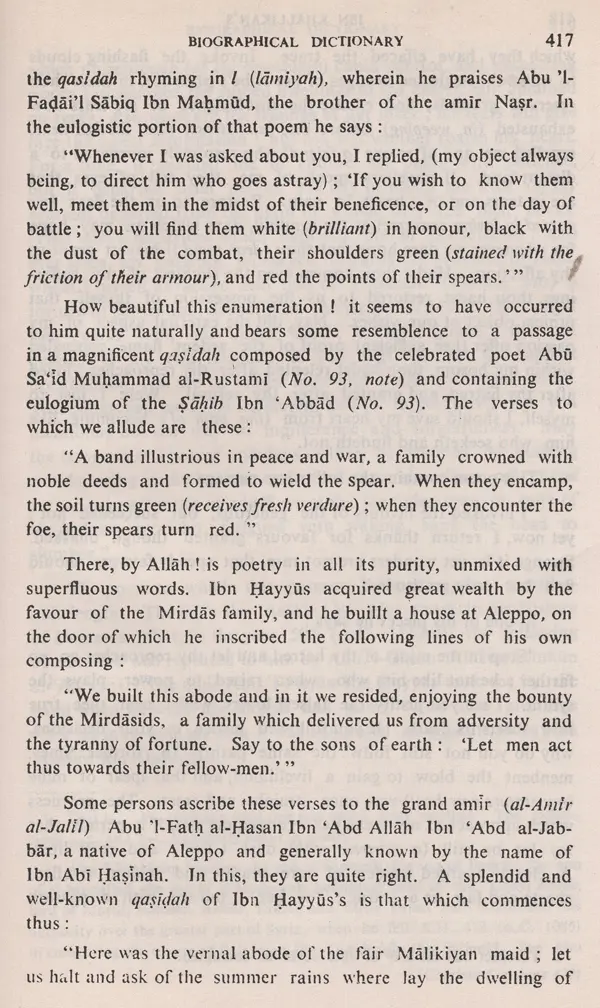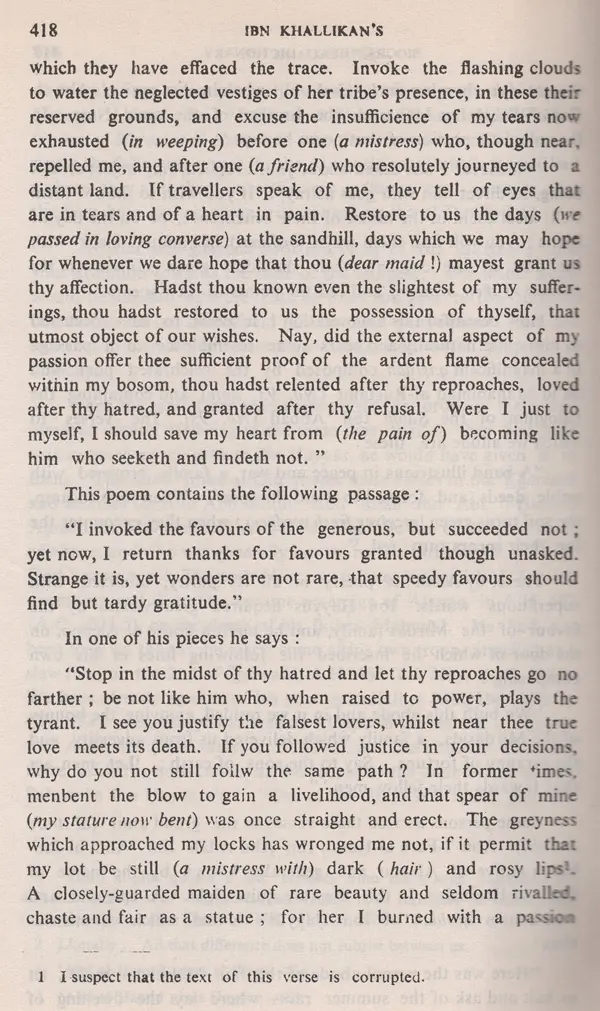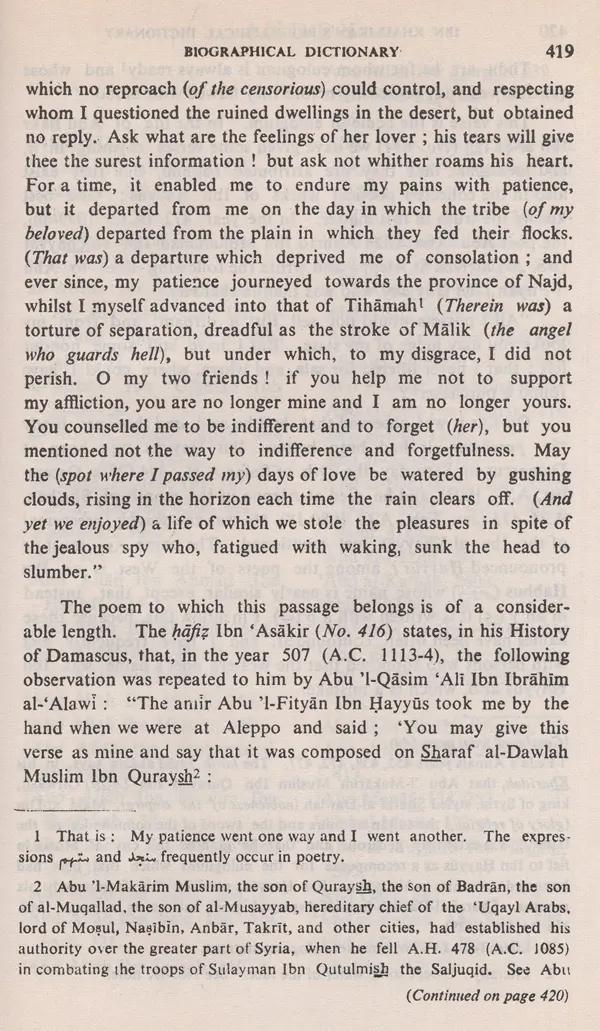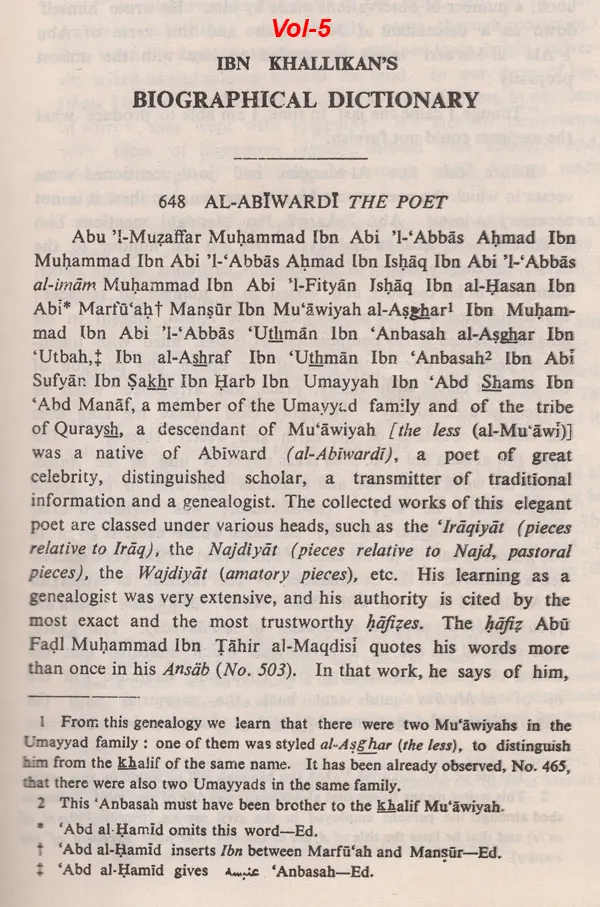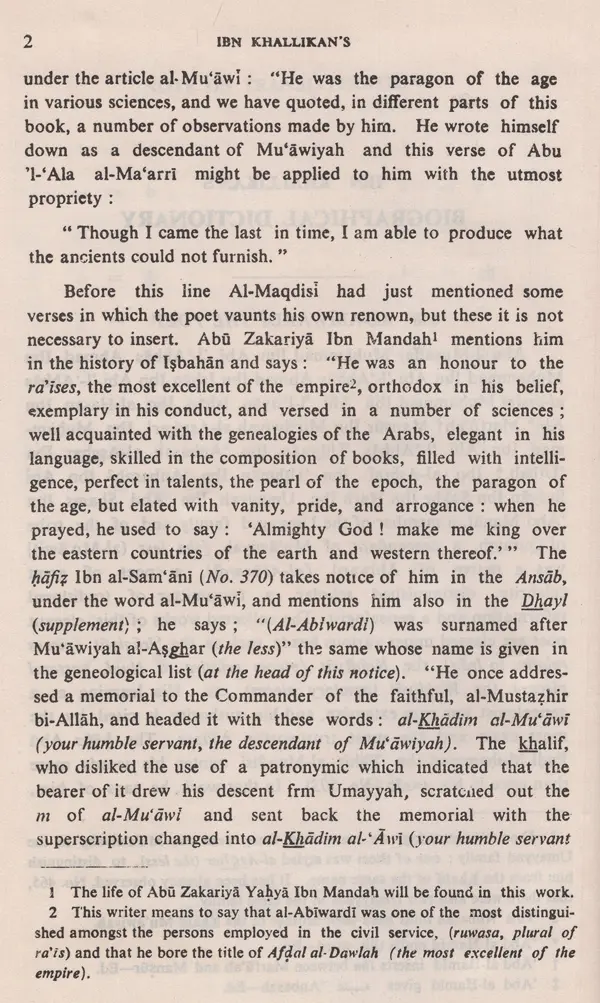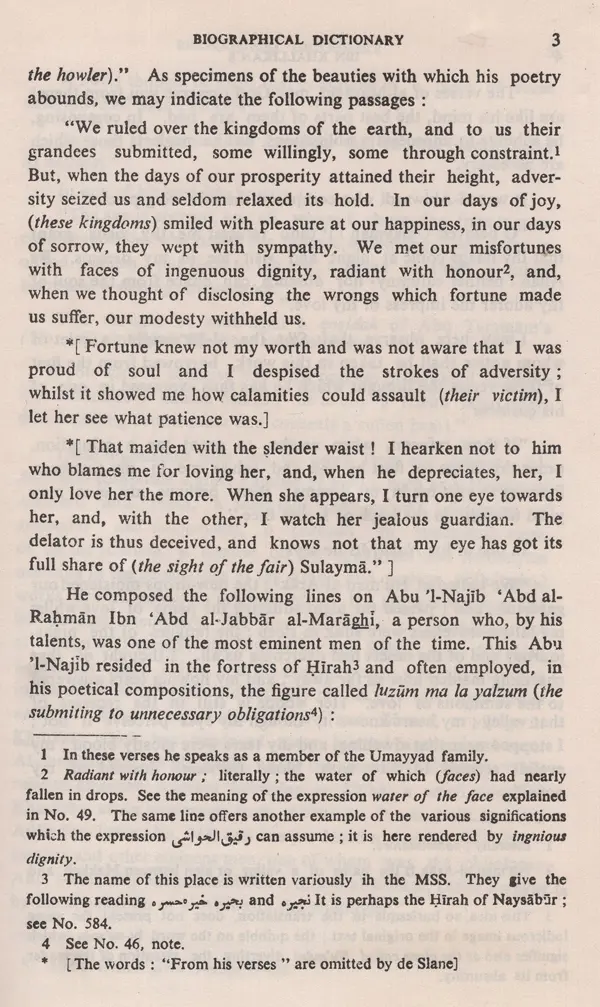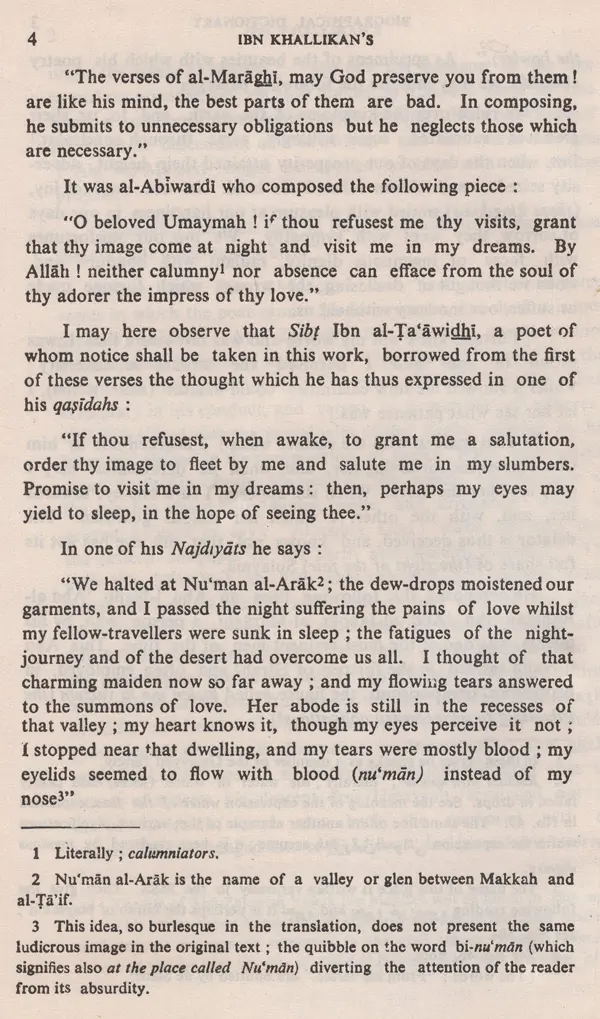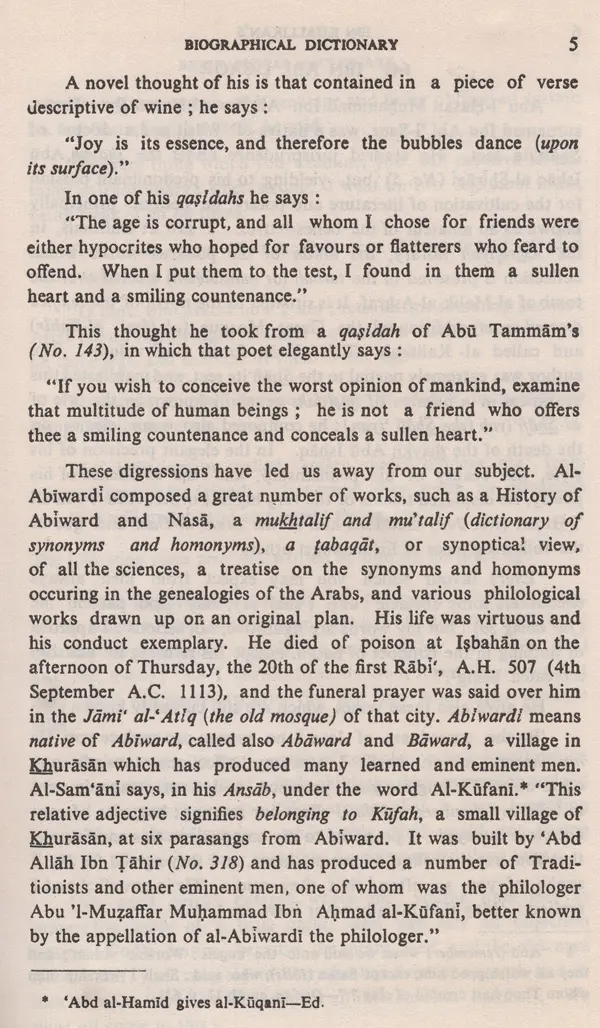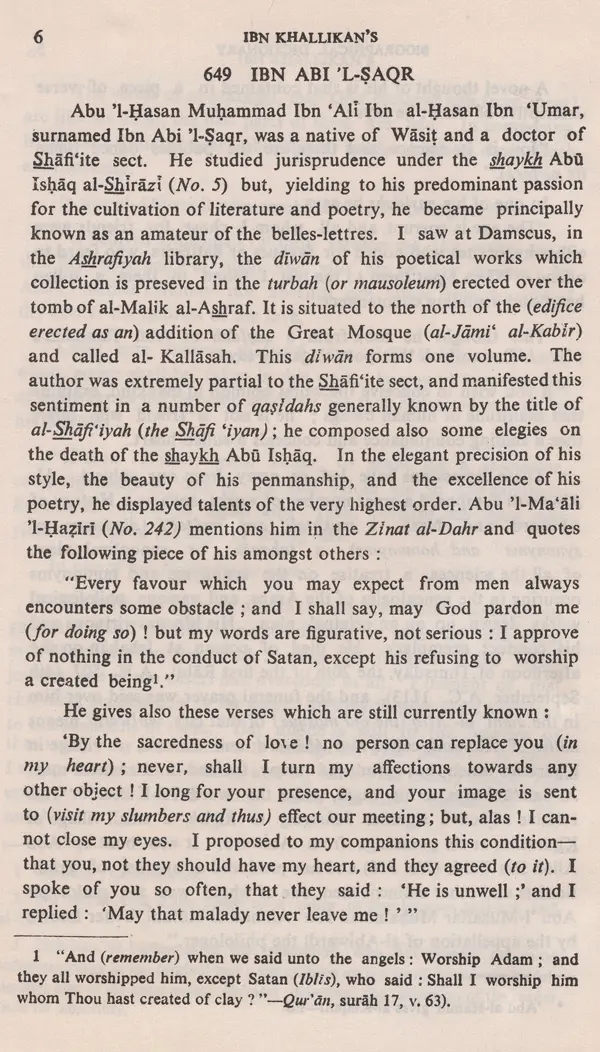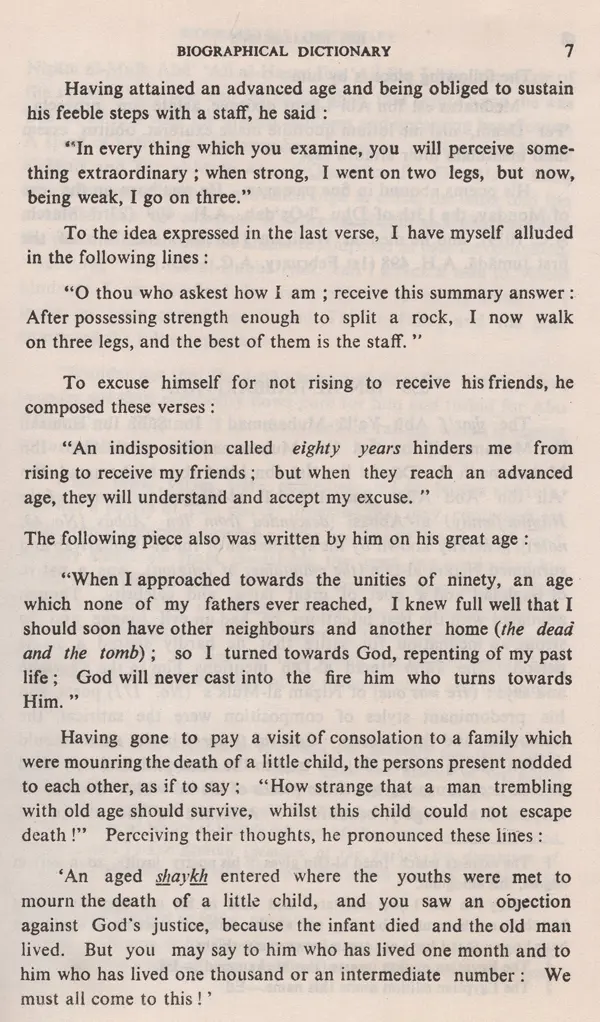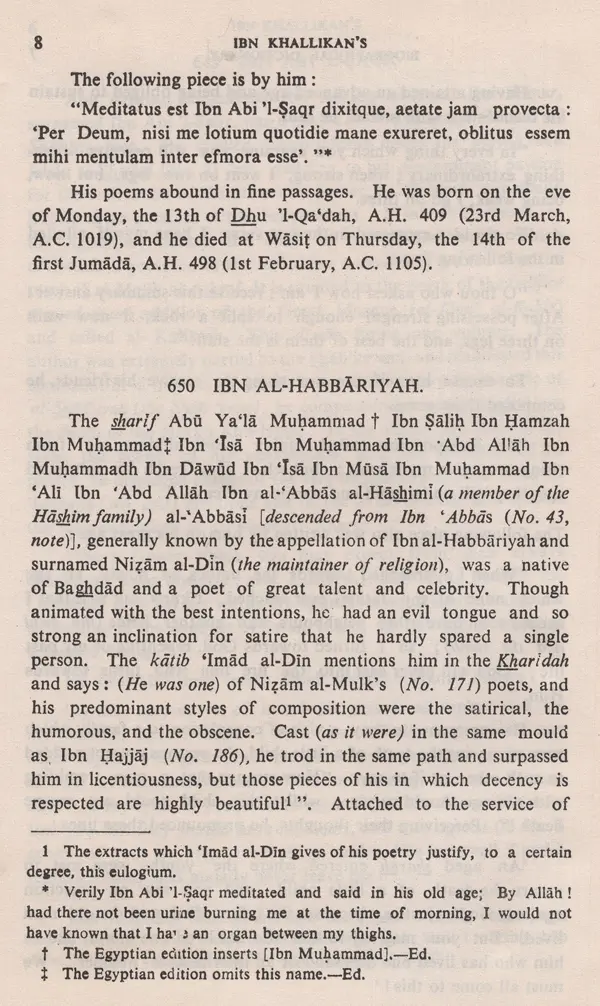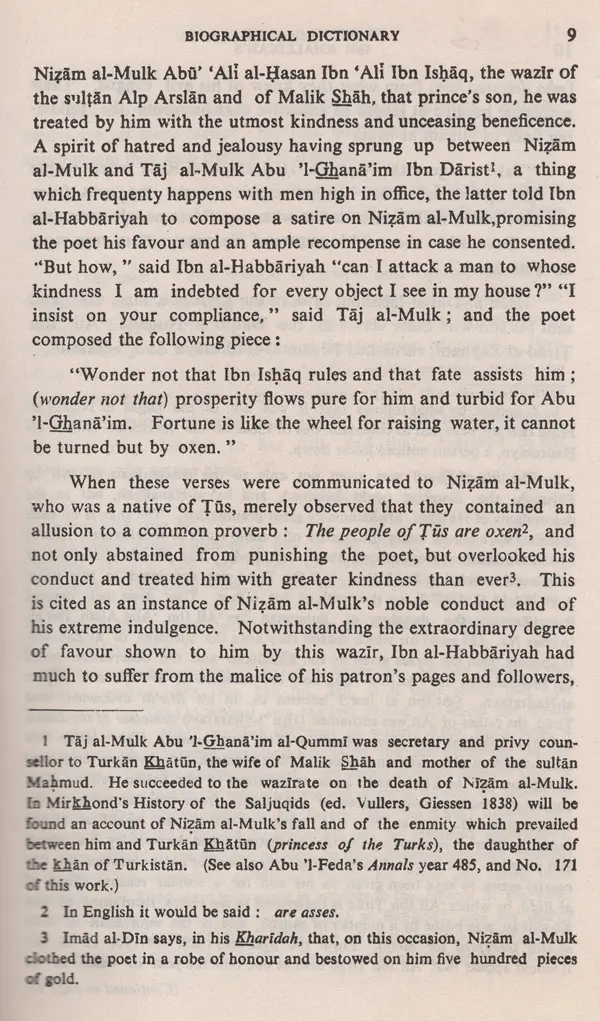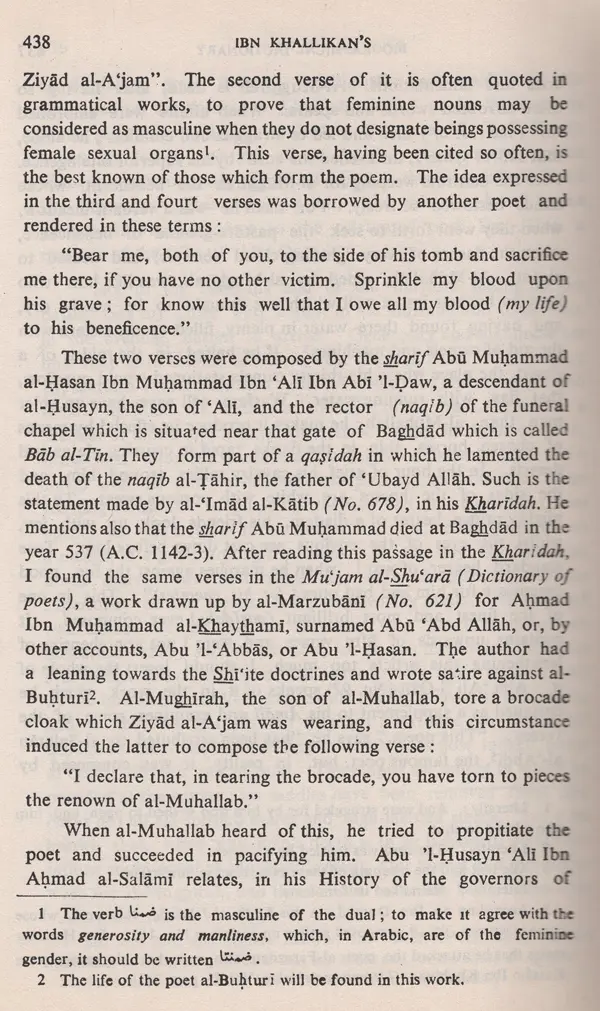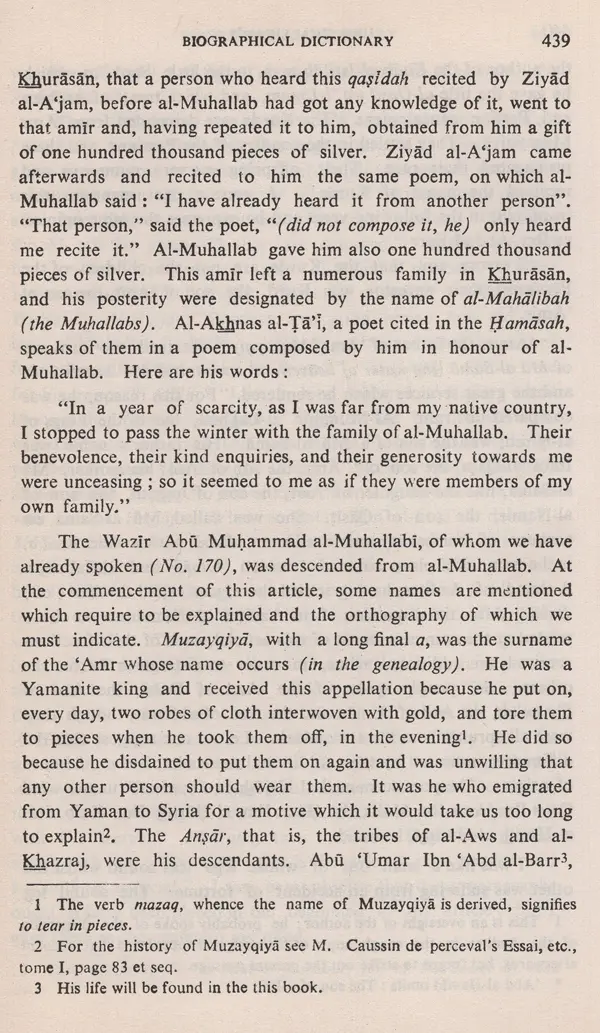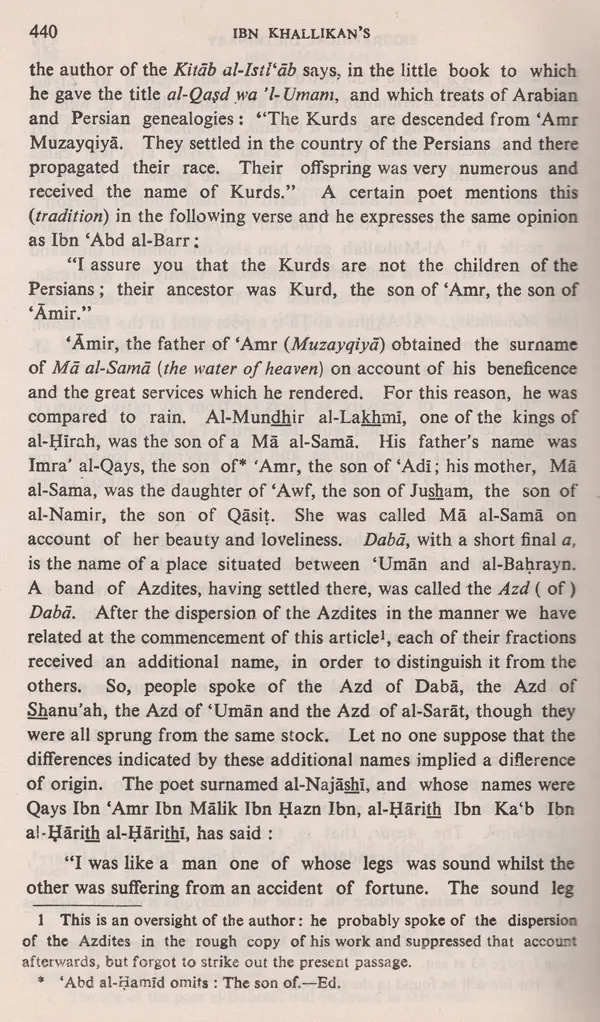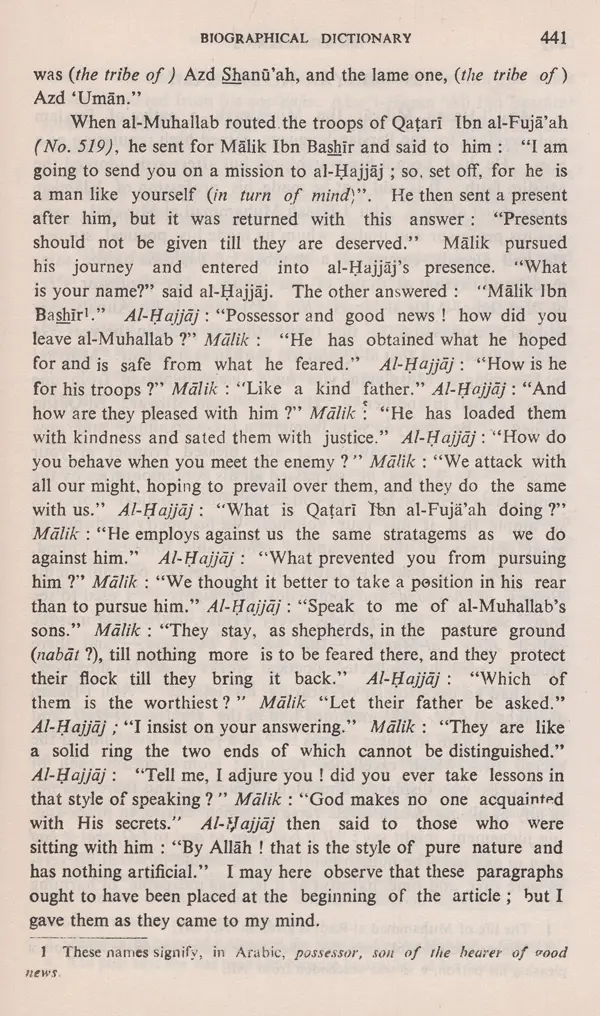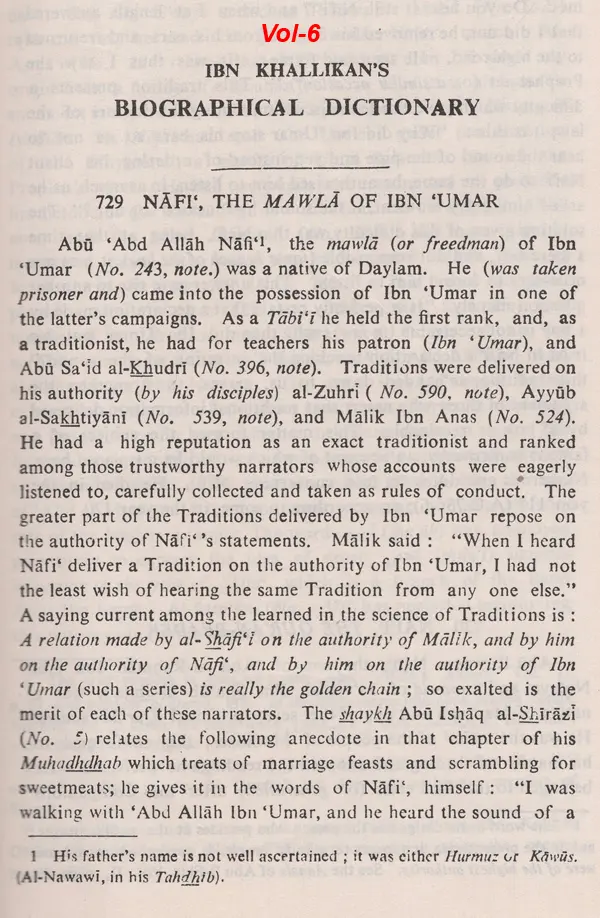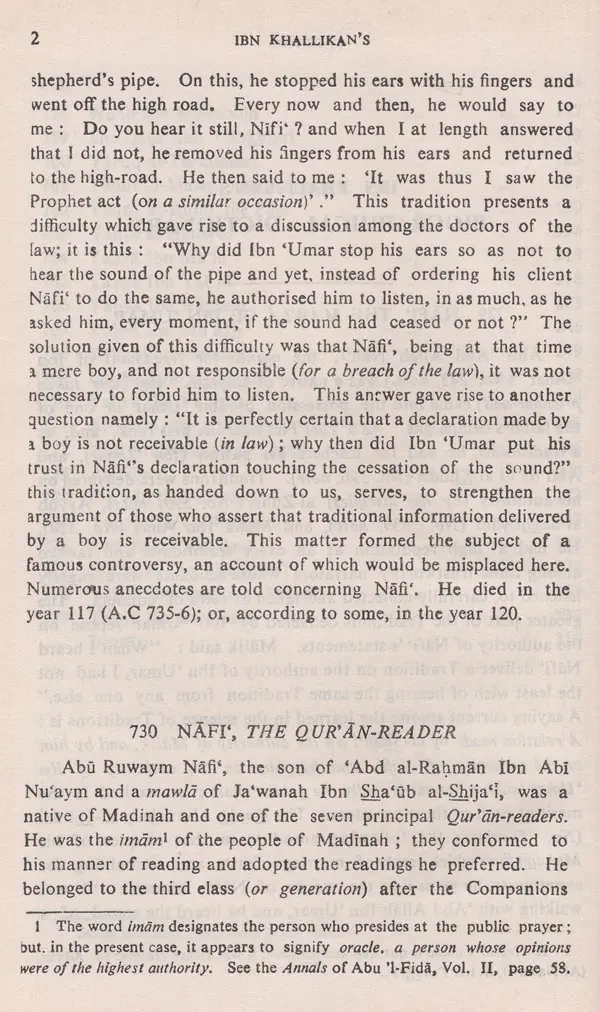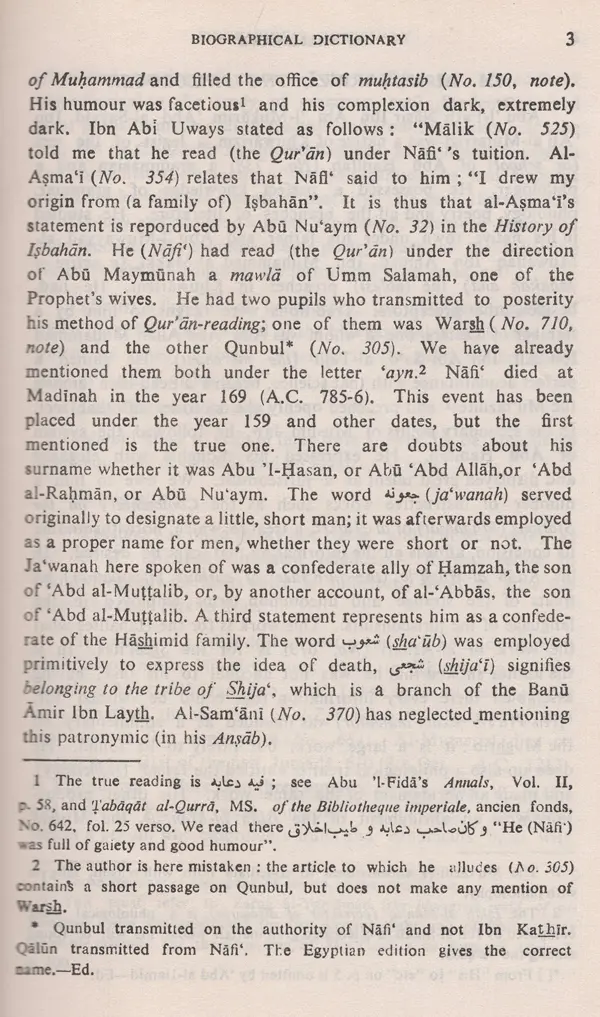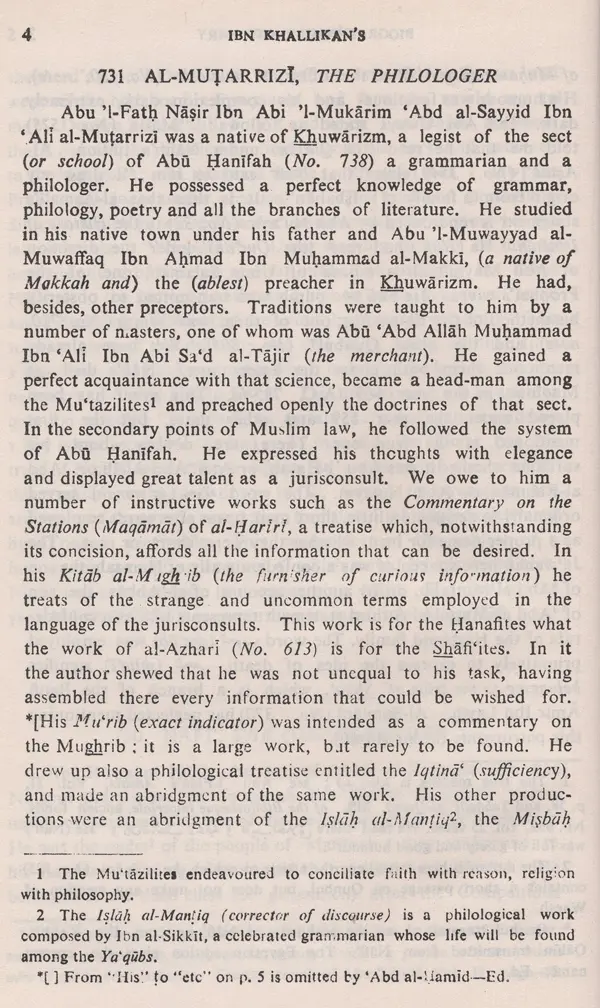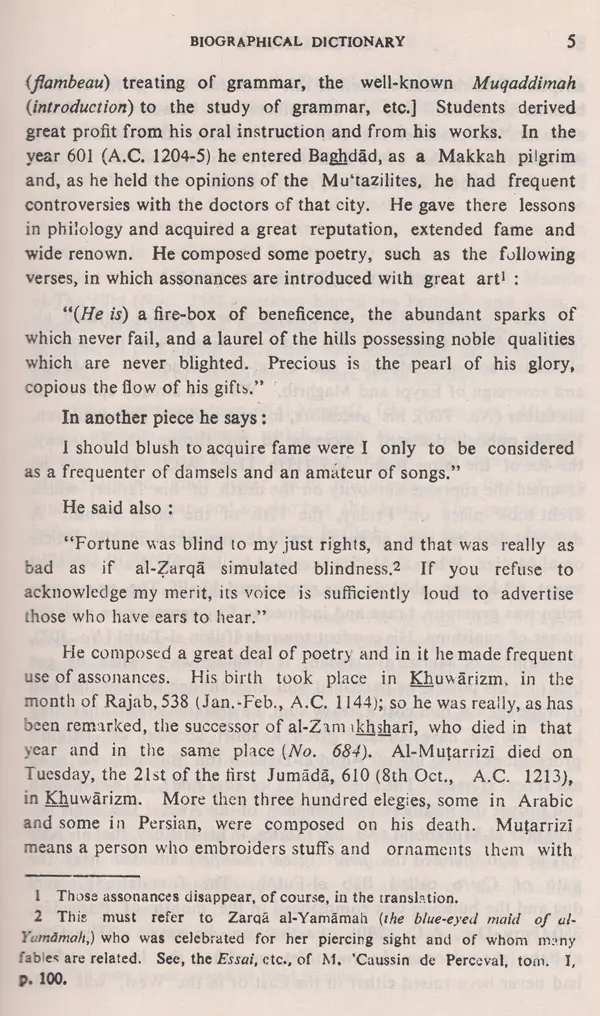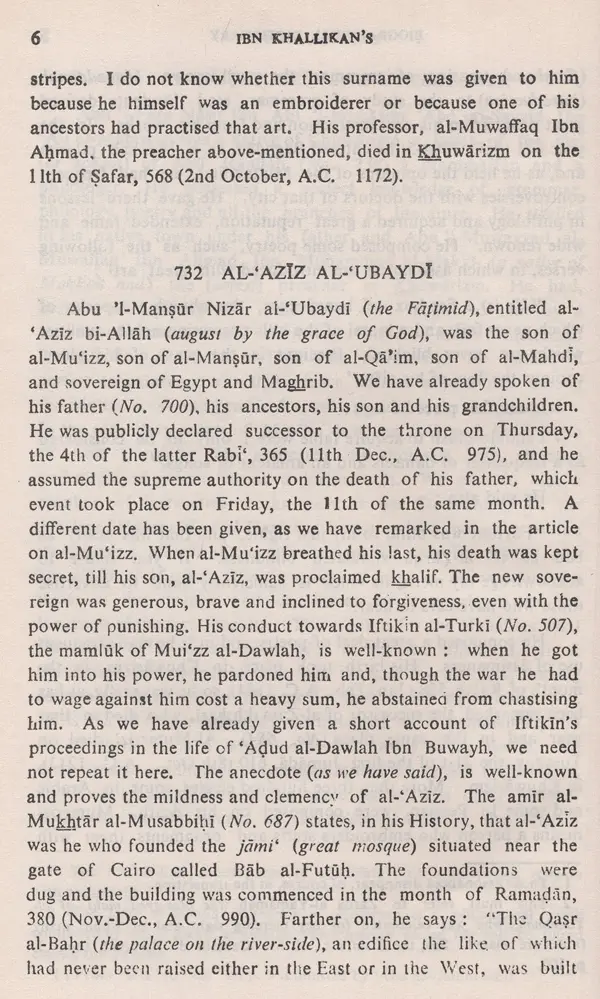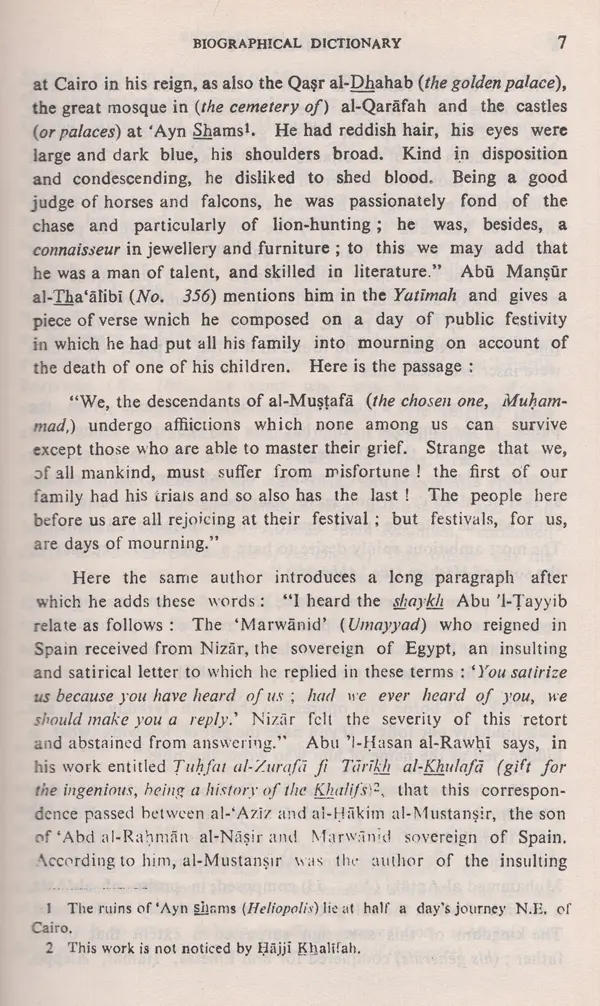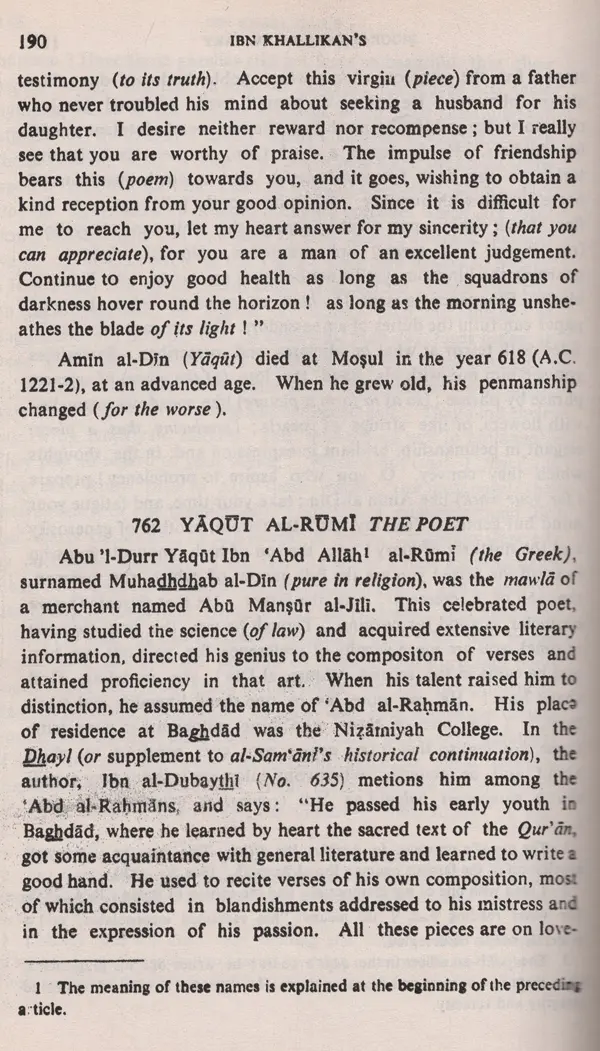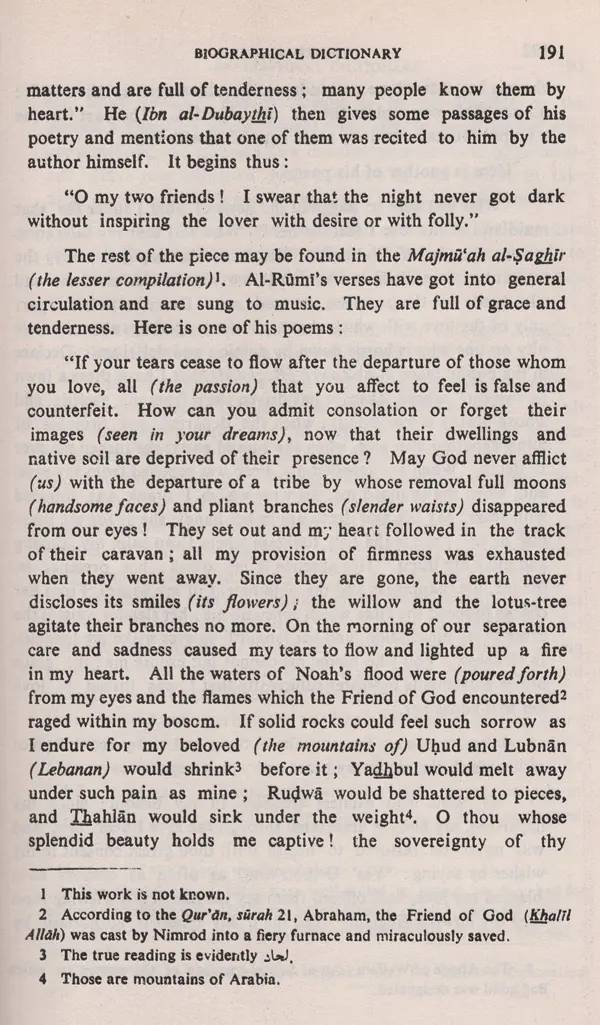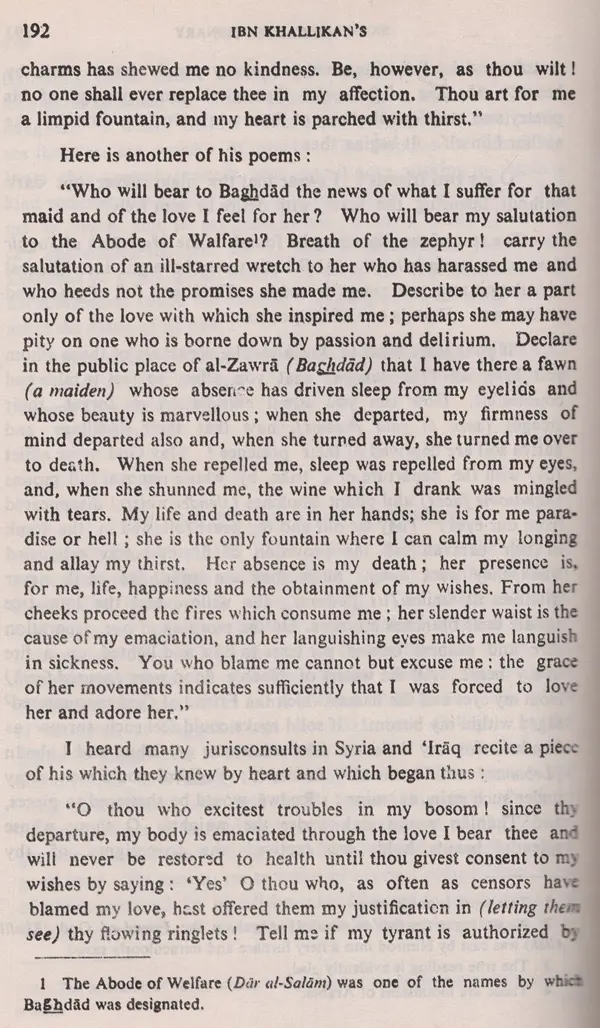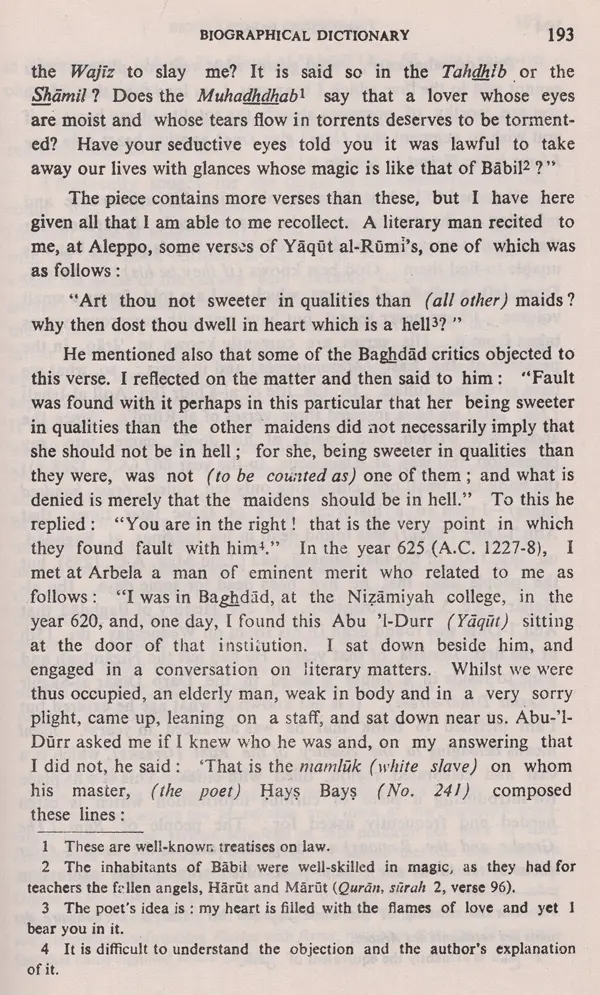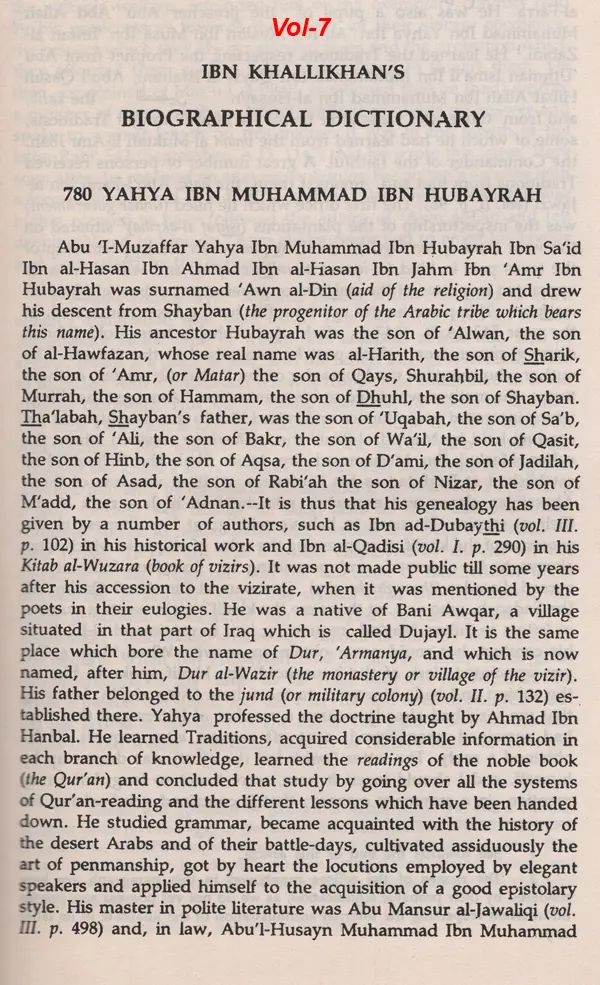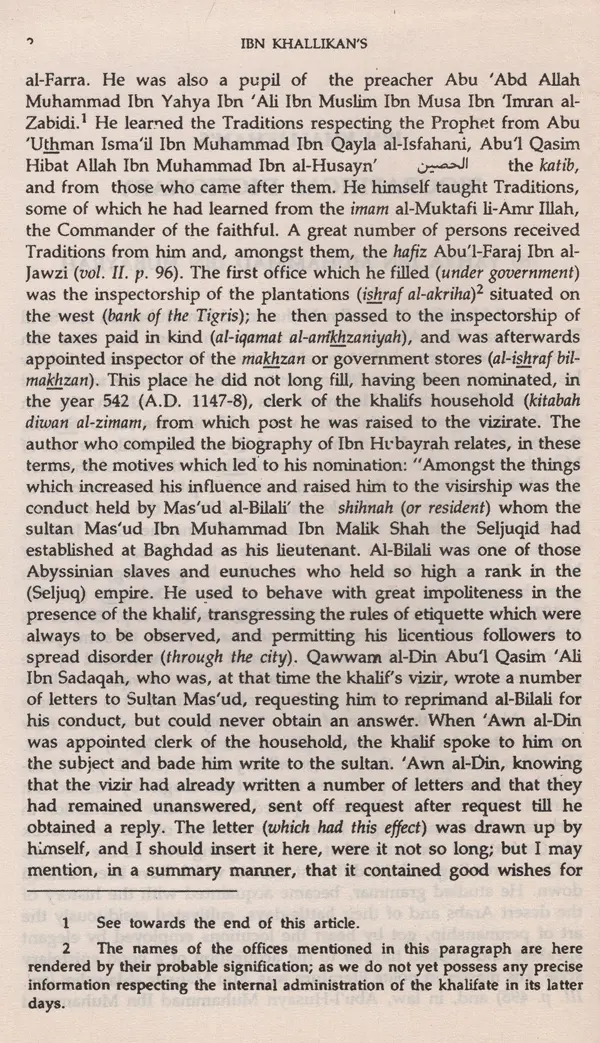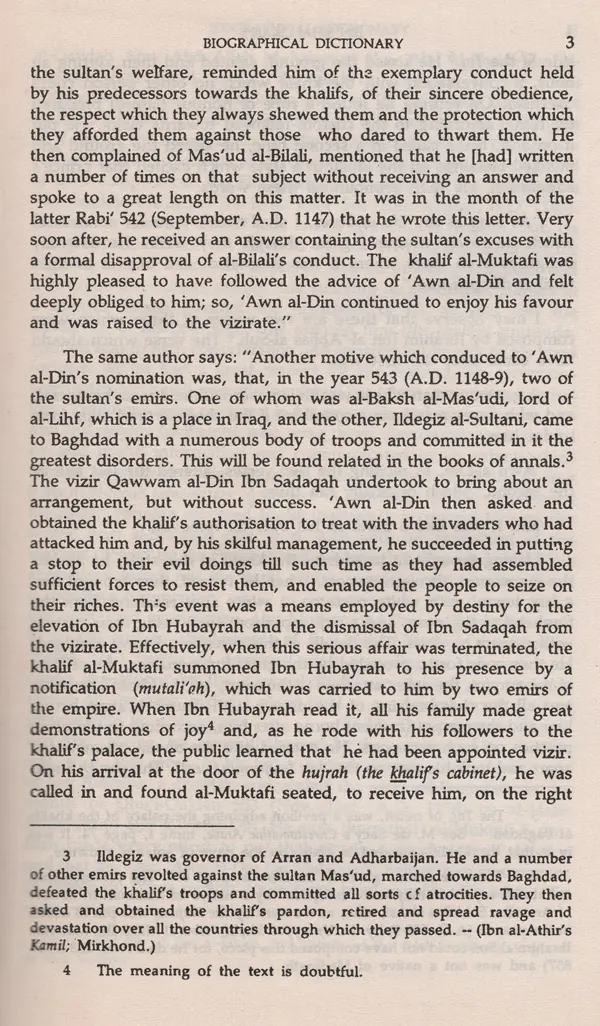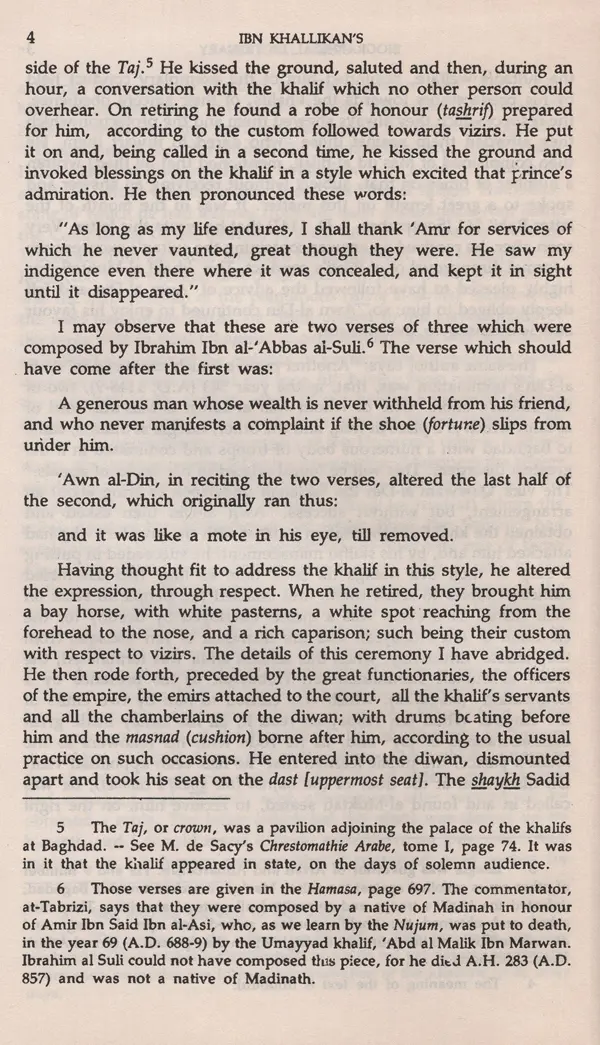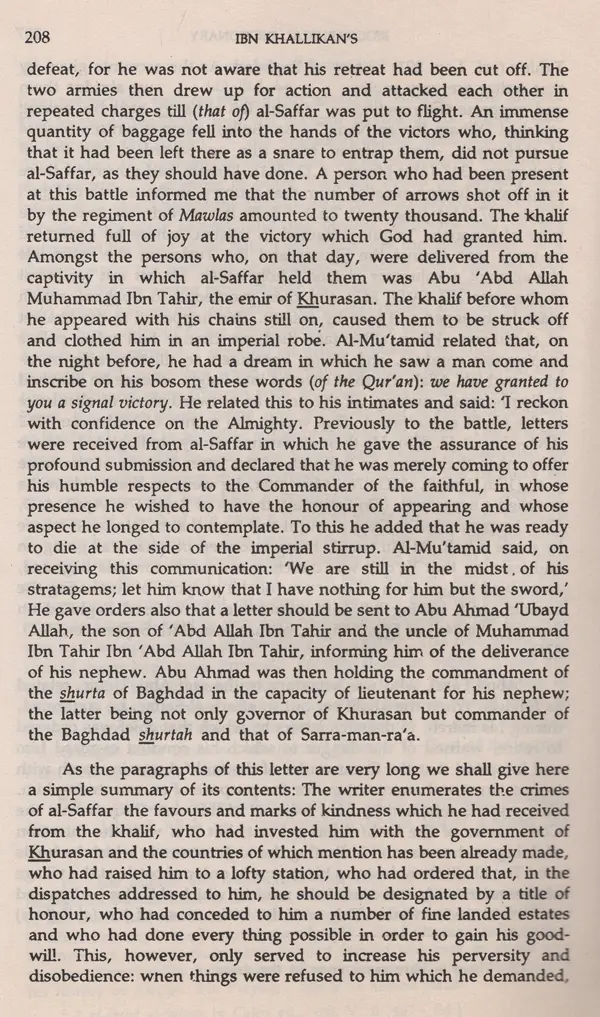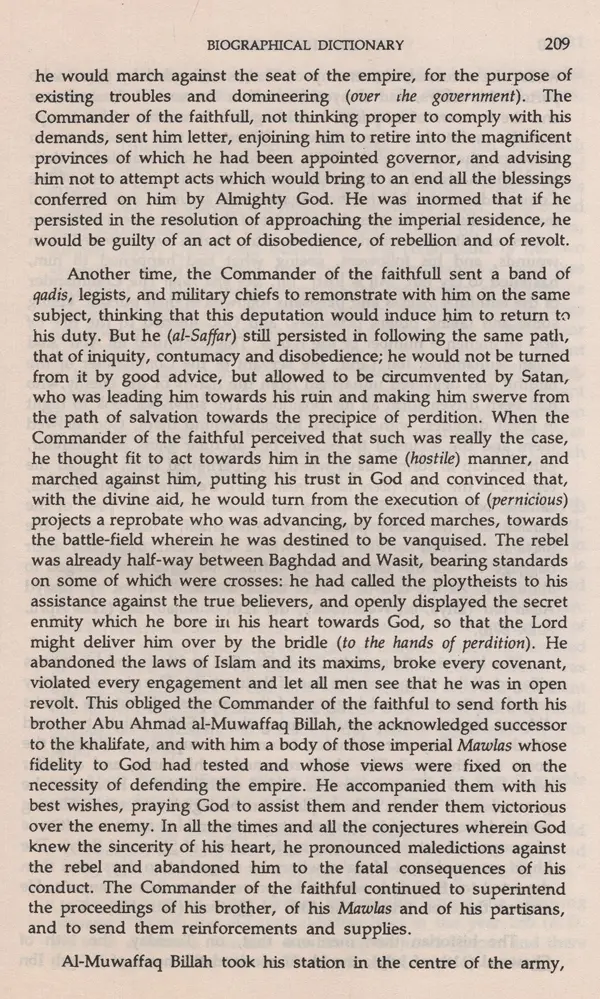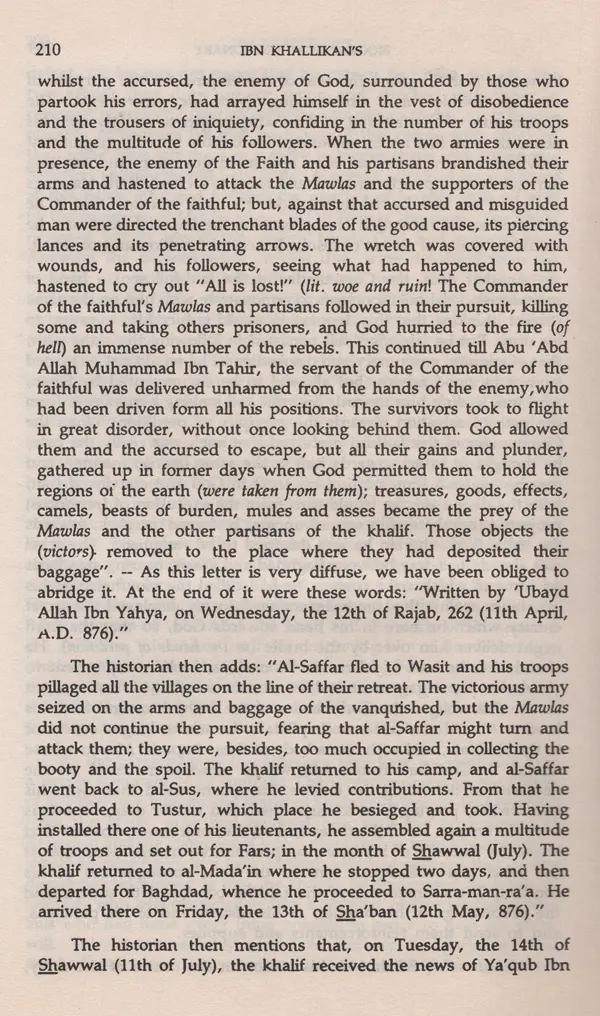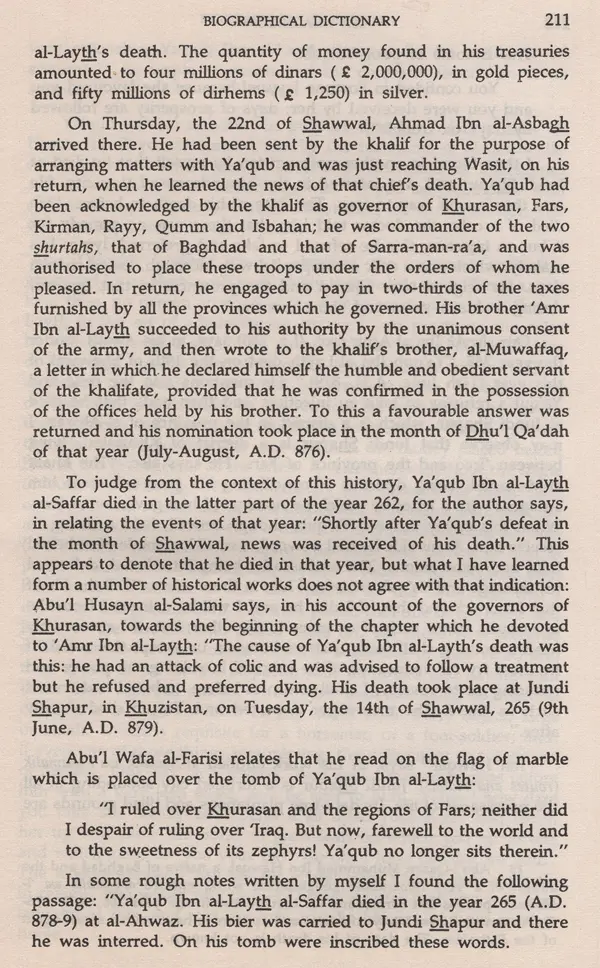
Wafayat Al-A'yan Wa Anba Abna Al-Zaman by Ibn Khallikan: A Biographical Dictionary (Set of 7 Volumes)
Book Specification
| Item Code: | UBE312 |
| Author: | M. de Slane and S. Moinul Haq |
| Publisher: | KITAB BHAVAN |
| Language: | English |
| Edition: | 1996 |
| ISBN: | 8171511708 |
| Pages: | 3034 |
| Cover: | HARDCOVER |
| Other Details | 9.00 X 6.00 inch |
| Weight | 4.31 kg |
Book Description
This is a monumental work of Ibn Khallikan, an eminent jurisconsult and distinguished historian. The author had gained name and fame through this book because it attracted the attention of orientalists in early nineteenth century. The translator, a well- known scholar. Mr. M.G. de Slane brought out its first edition in 1838. Then he published its English translation. As he has not properly trans- literated the oriental names, necessary correction have been made in their orthography. In footnotes the editor has also added the corresponding Christian dates of events on the basis of Eduard Mahler's calculation; de Slane has given the names of the months only.
Its usefulness is obvious in the statement of an oriental scholar Mr. Brockelmann-"It is one of the most important aids to the study of bio- graphical and literary history. There- fore, it has a great importance of civil and literary history of Muslim people. From its first appearance till the pre- sent day its reputation has continued and undiminished. It will provide with valuable materials on the Islamic re- search students as well as teachers and historians.
For some unavoidable reasons the publication of this volume was delayed. I am happy that Part I of the book is now being published. The printing of Part II will be taken up shortly.
It may be mentioned that three notices included in this Part (Nos. 210; 213; 216) are not to be found in de Slane's Trans., nor in the autograph. Since they appear in the printed editions (Cairo, 1299 H.; 1948; Tehran, 1867) we have also translated them, dropping however some additional anecdotes which appear only in the last one.
Wherever it was consideaed necessary to indicate the original orthography of a name or word it has been shown within square brackets-[ ]; additional footnotes by the editor have not been numbered, but have been indicated with signs, such as an asterisk (*).
"It is a curious circumstance that the majority of the learned amongst the Muslims belonged to a foreign race; very few persons of Arabian descent having obtained distinction in the sciences connected with the law or in those based upon human reason: and yet the promulgator of the law was an Arab, and the Qur'an, that source of so many sciences, an Arabic book." The justness of this observation, made by Ibn Khaldon in his Prolegomena, will be admitted by those who may have occasion to consult Ibn Khallikan's BIOGRAPHICAL DICTIONARY: they cannot have failed to remark that many of the individuals to whom the author has devoted an article are designated by him as mawlas, a term denoting their foreign origin and the precise meaning of which shall be given farther on. The reason assigned by Ibn Khaldon for this peculiarity may not be completely satisfactory, but it is stated in a manner so highly characteristic of that writer that it cannot fail to interest the European reader.
"The (Muslim) religion," says he, "when first promulgated, did not include (the knowledge of) either science or art; such was the extreme simplicity of that nomadic civilisation (to which this doc- trine was adapted). The articles of the law, or, in other terms, the commandments and prohibitions of God, were then borne (not in books but) in the hearts of men, who knew that these maxims drew their origin from the Book of God and from the practice (sah) of the Prophet himself. The people, at that time, consisted of Arabs wholly ignorant of the mode by which learning is taught, of the art of composing works and of the means by which knowledge is enregistered; for to these points they had not hitherto directed their attention. Under the Companions of Muhammad and their immediate successors things continued in the same state; and, during that period, the designation of qurra (readers) was applied to those who. being not totally devoid of learning, knew by heart and communicated information. Such were the persons who could repeat the Qur'an, relate the sayings of the Prophet, and cite the example of his conduct in different circumstances.
